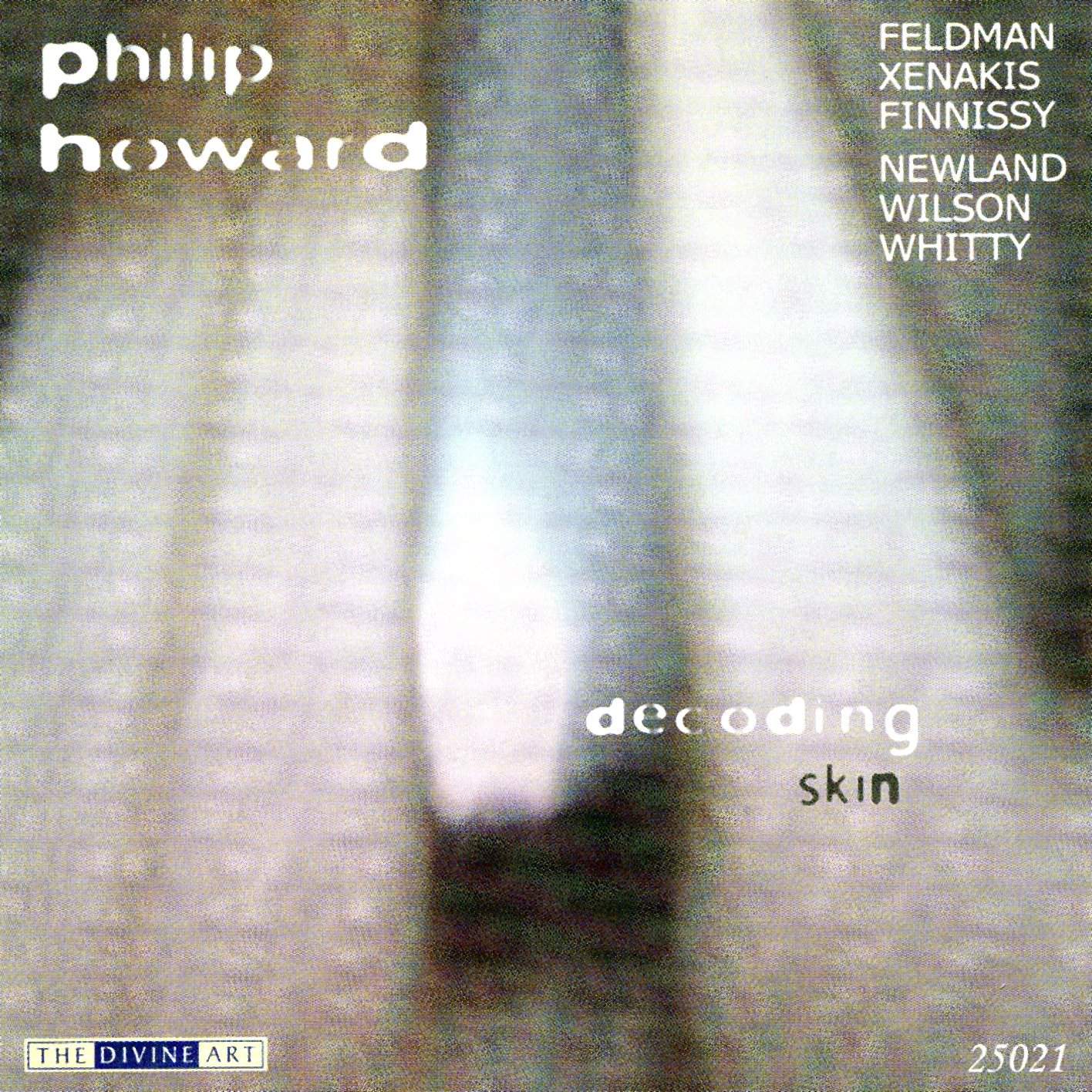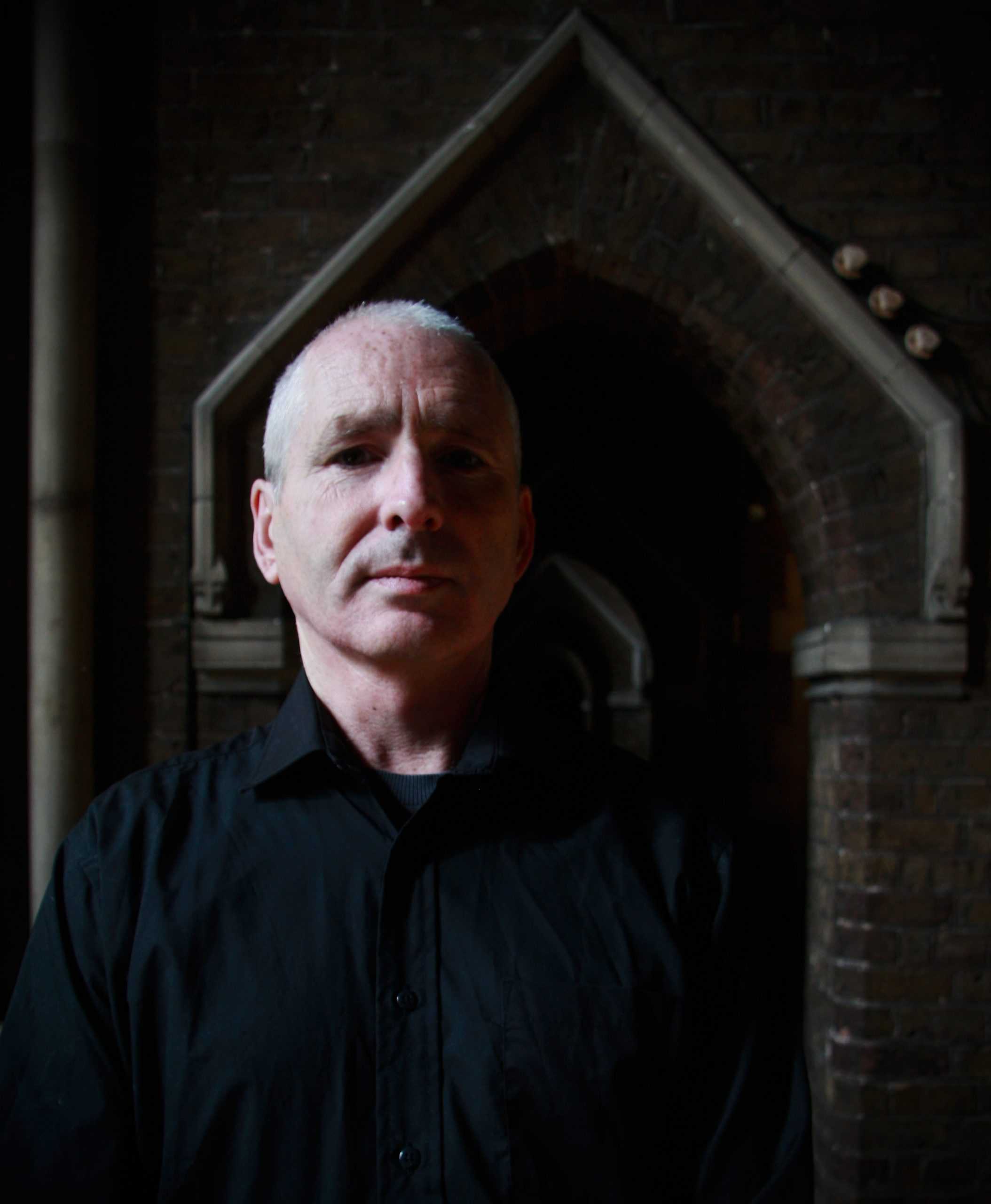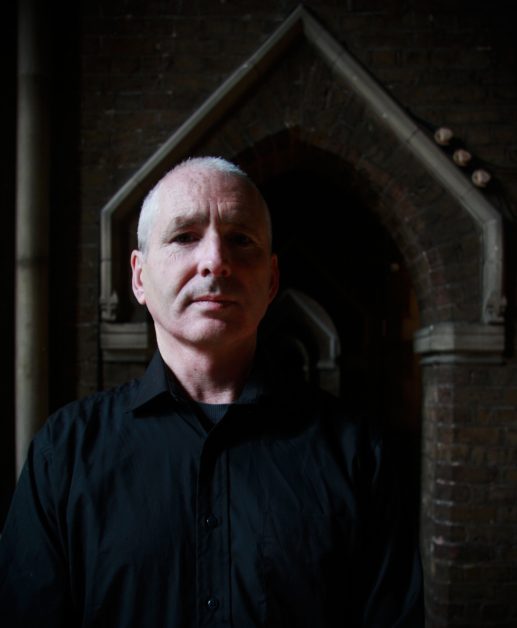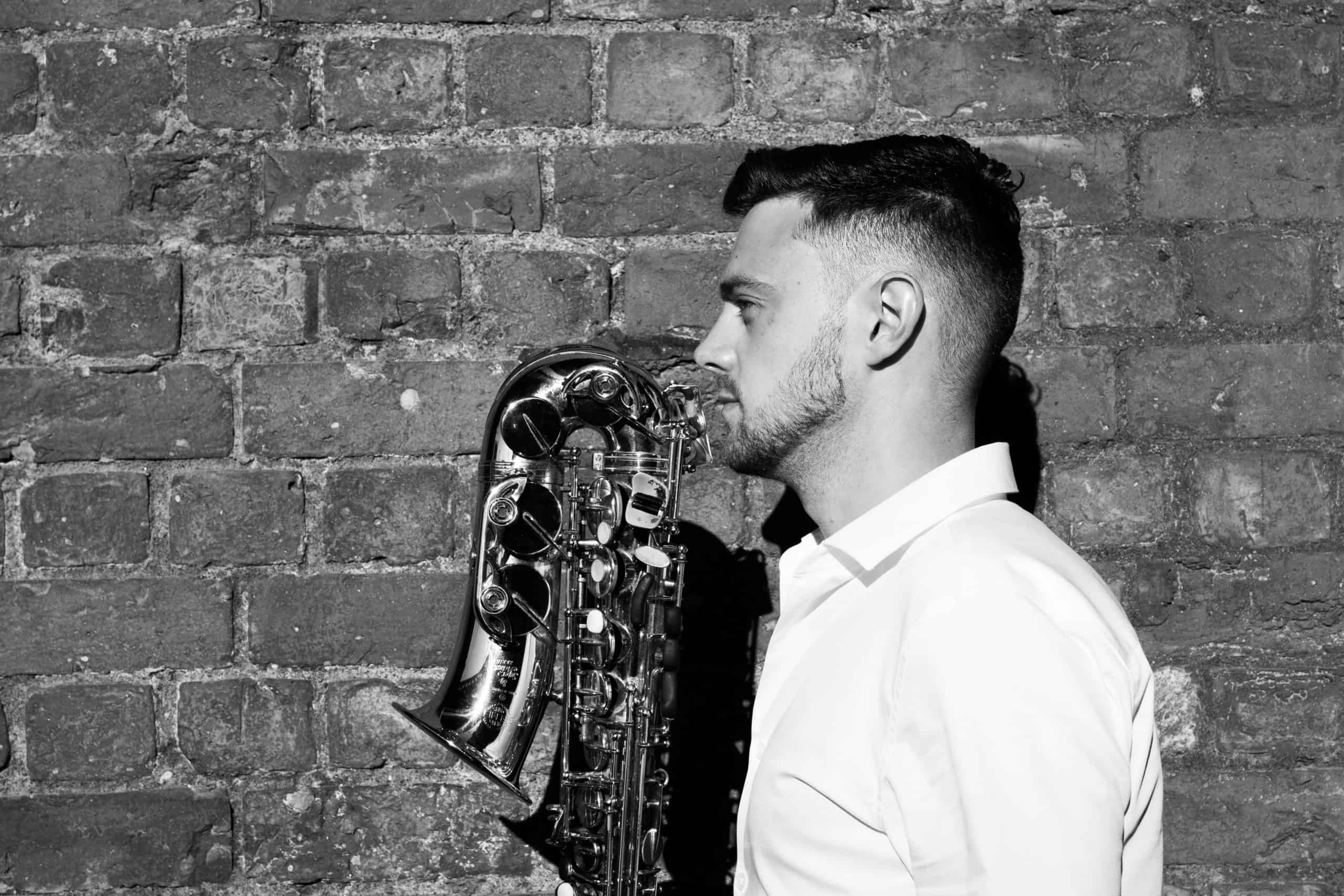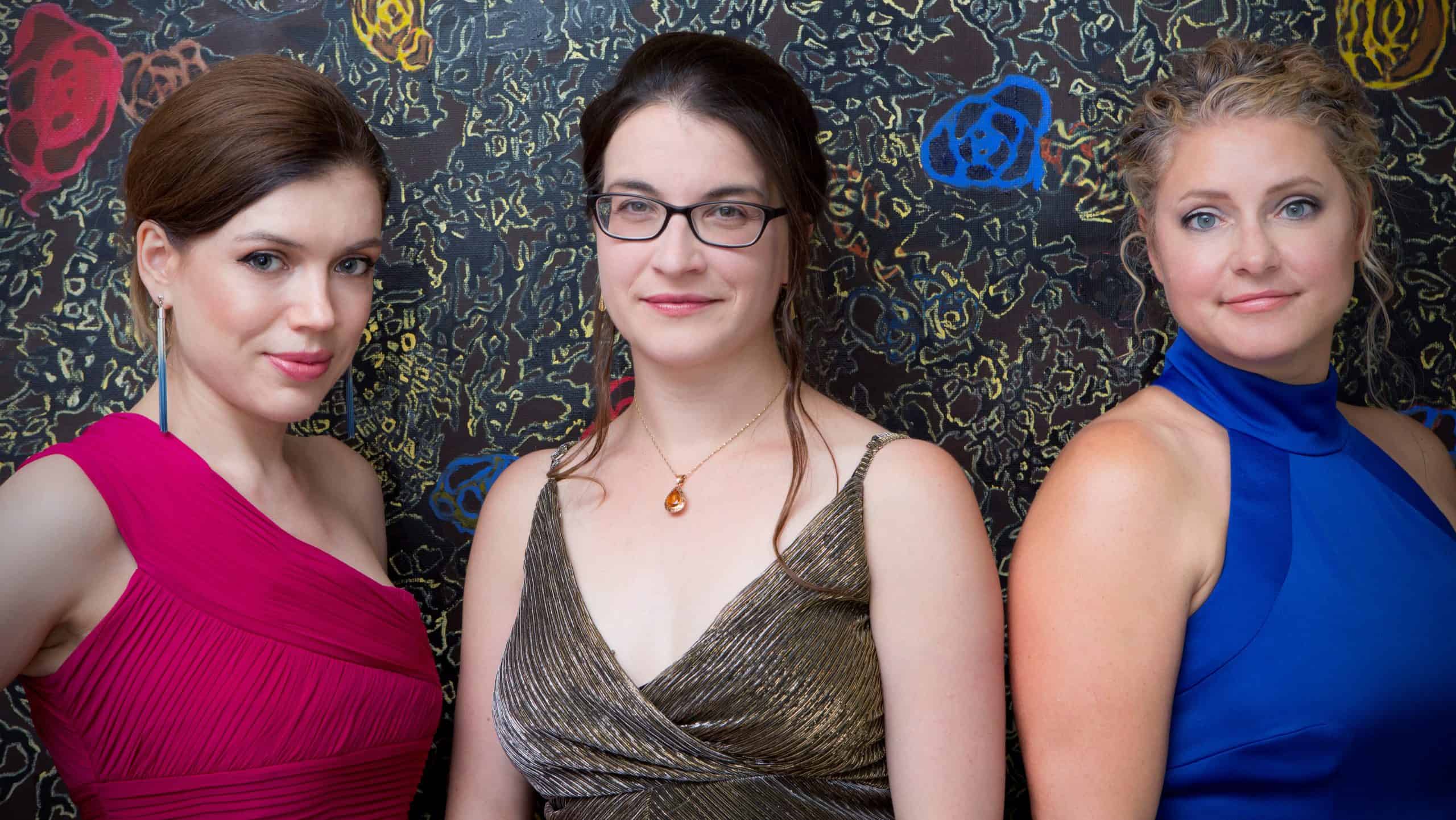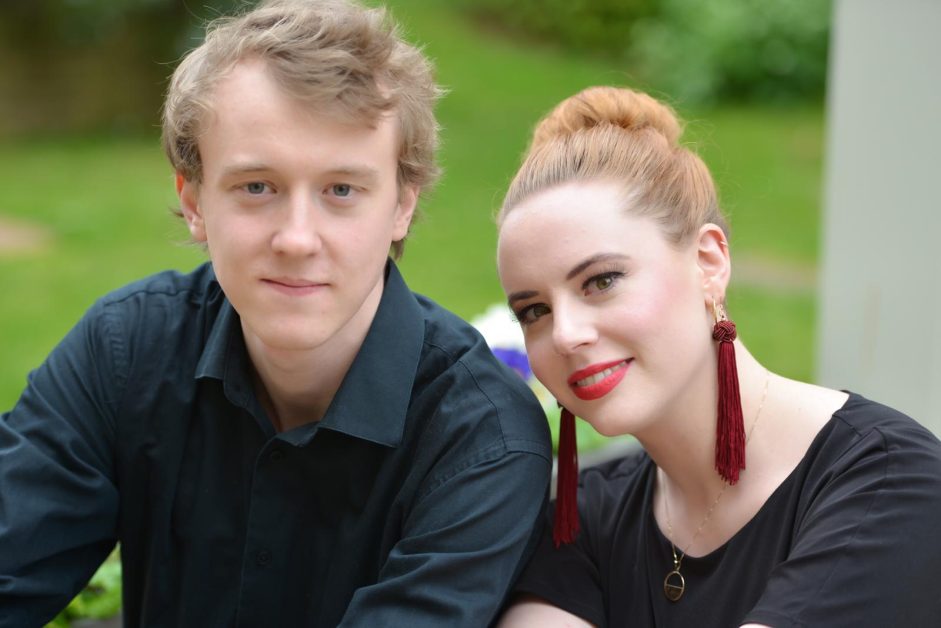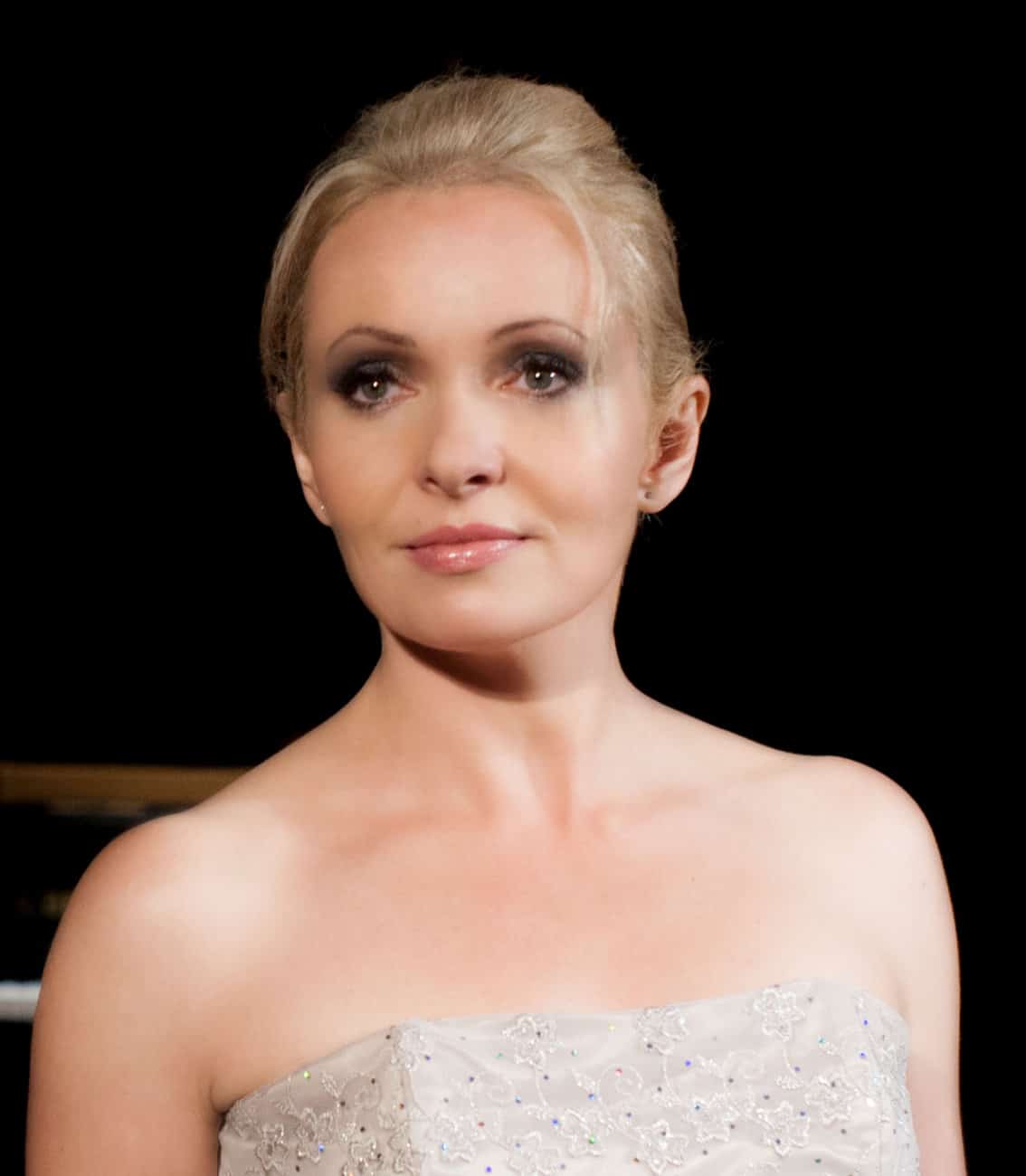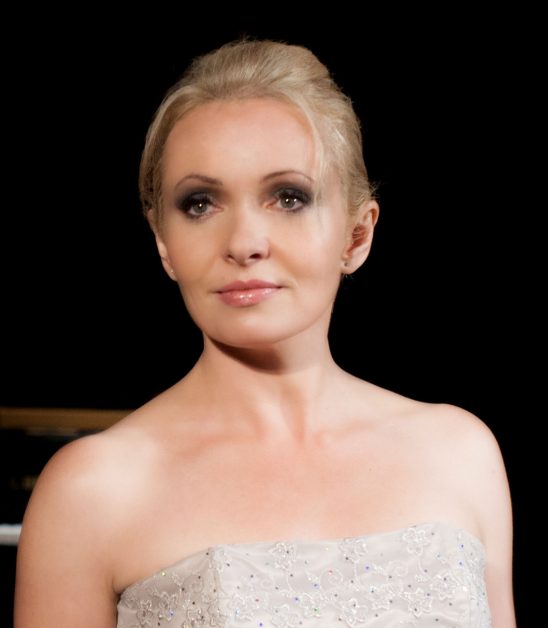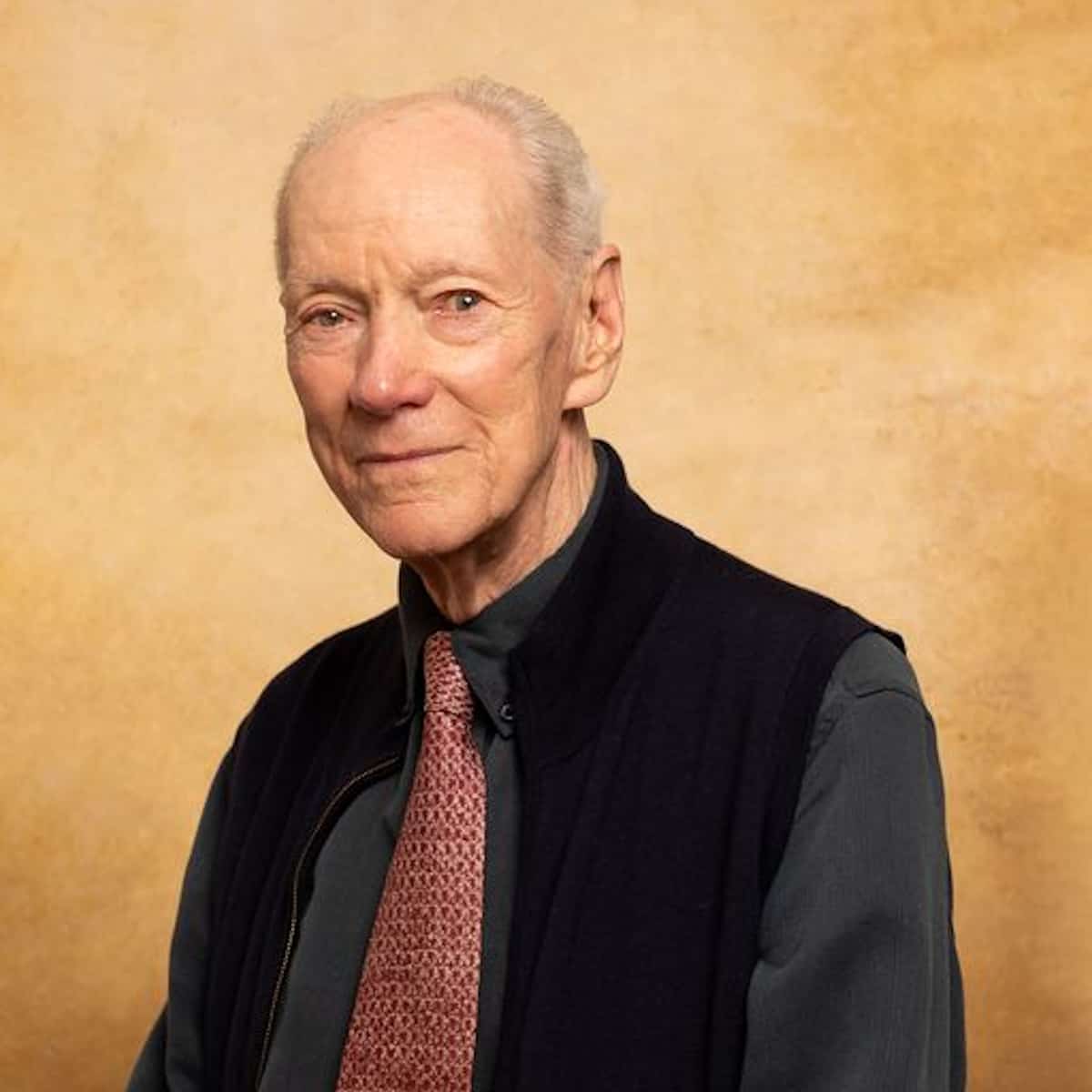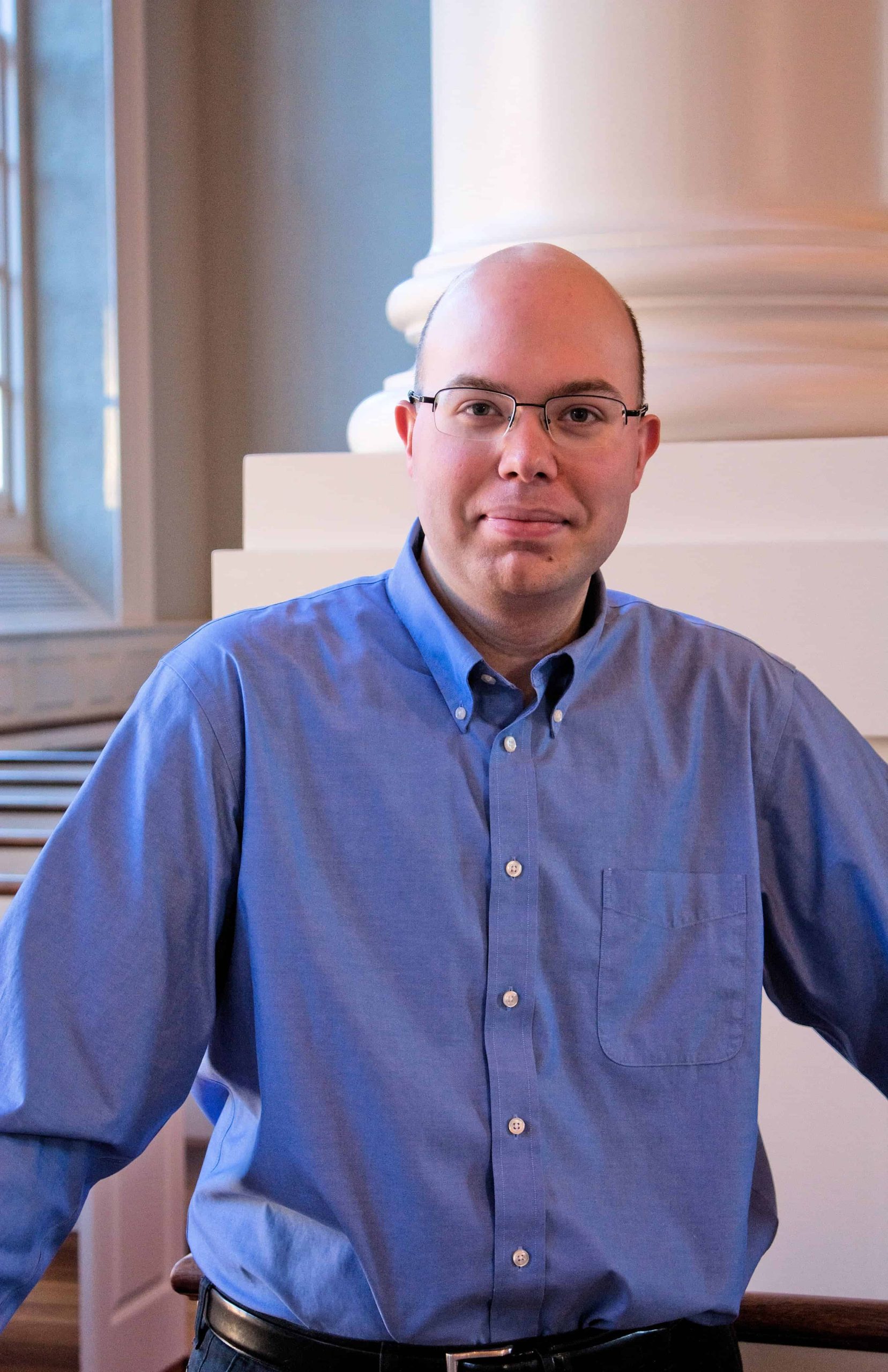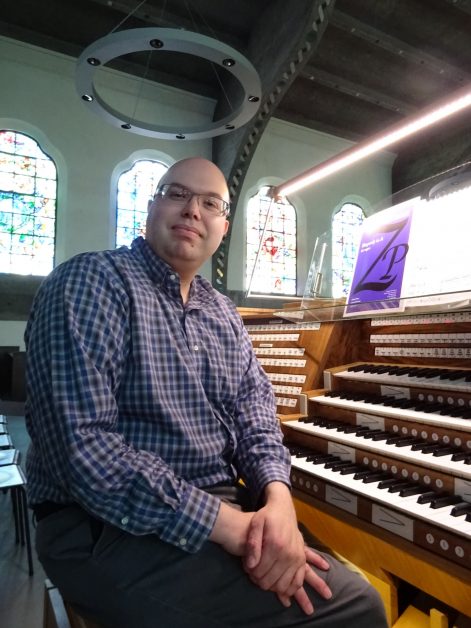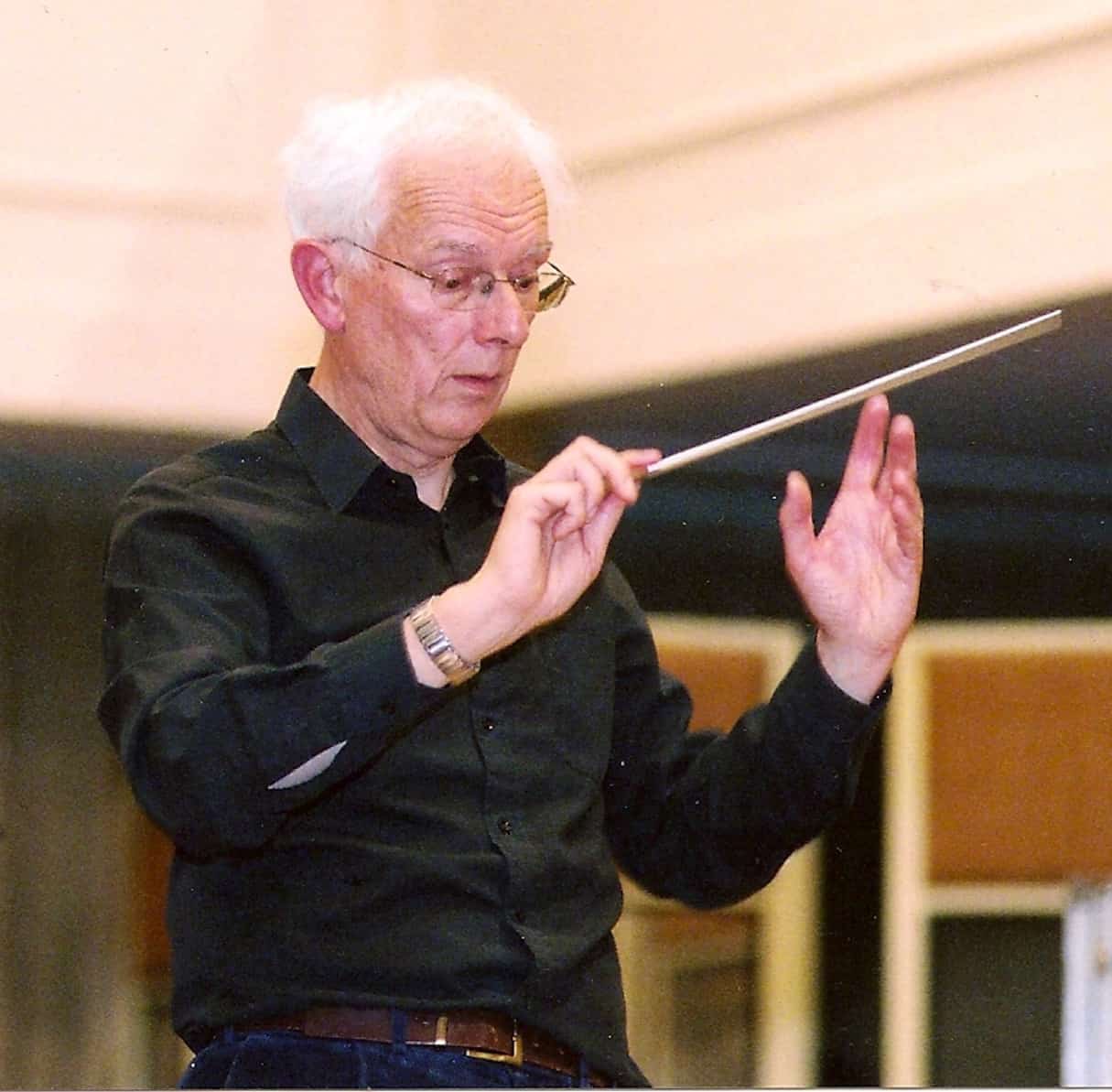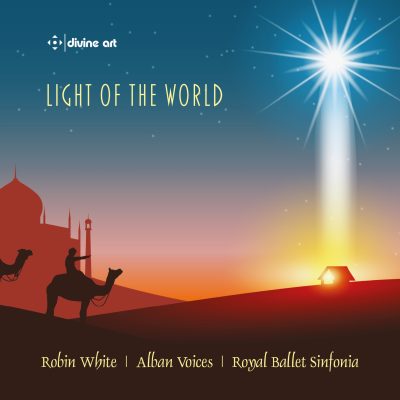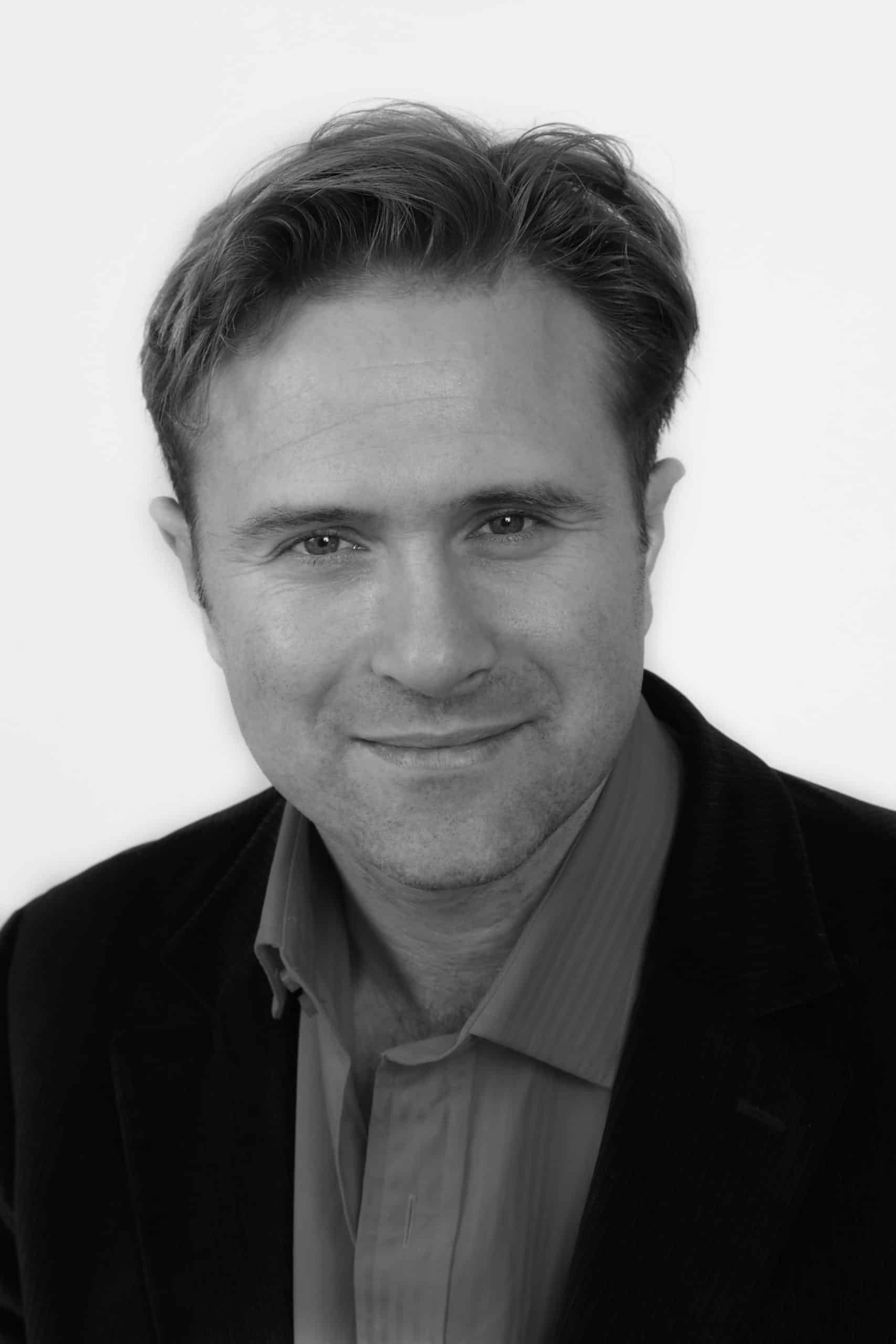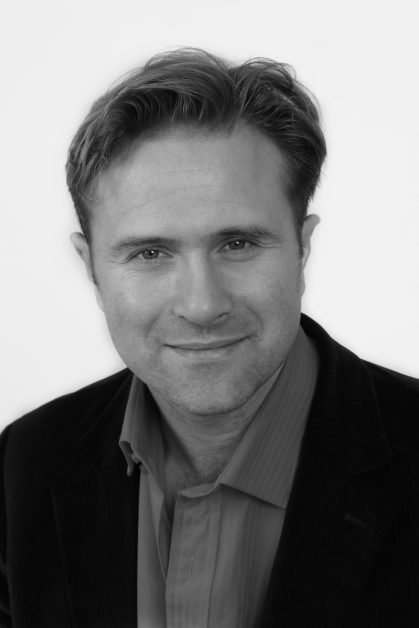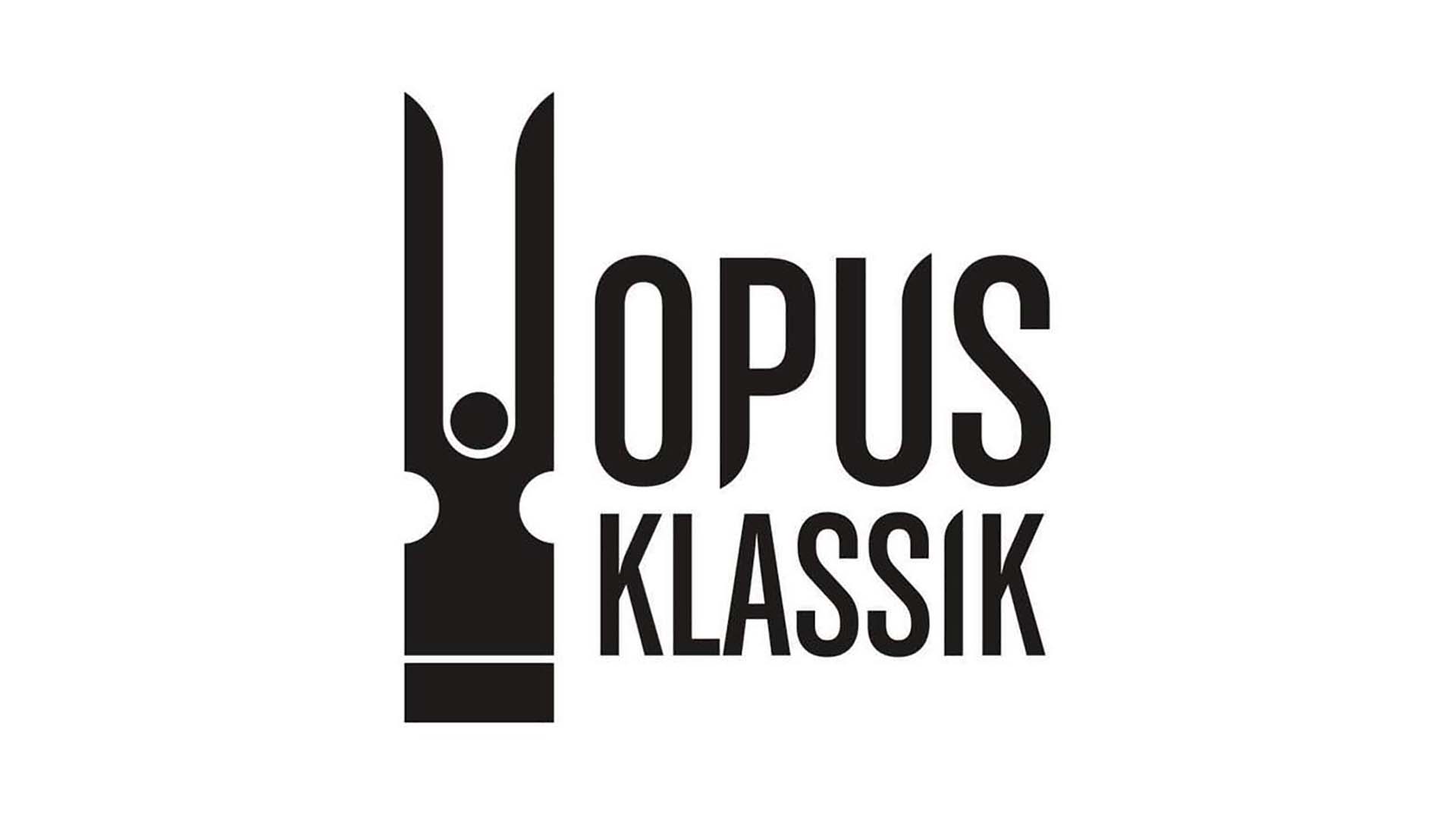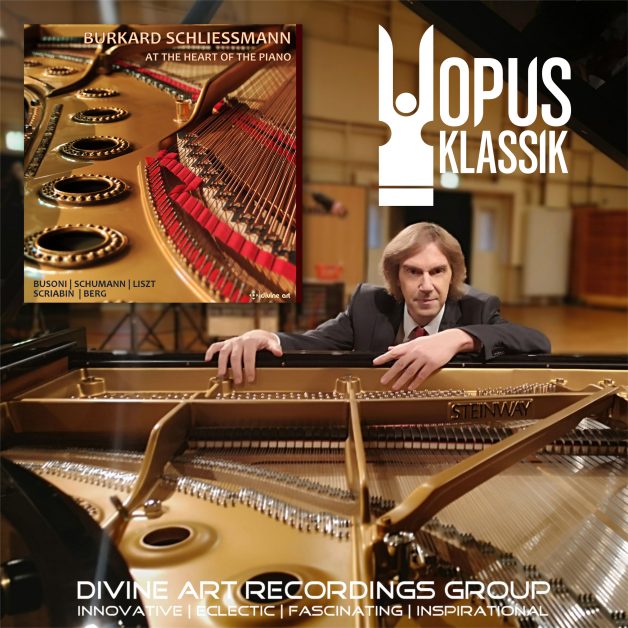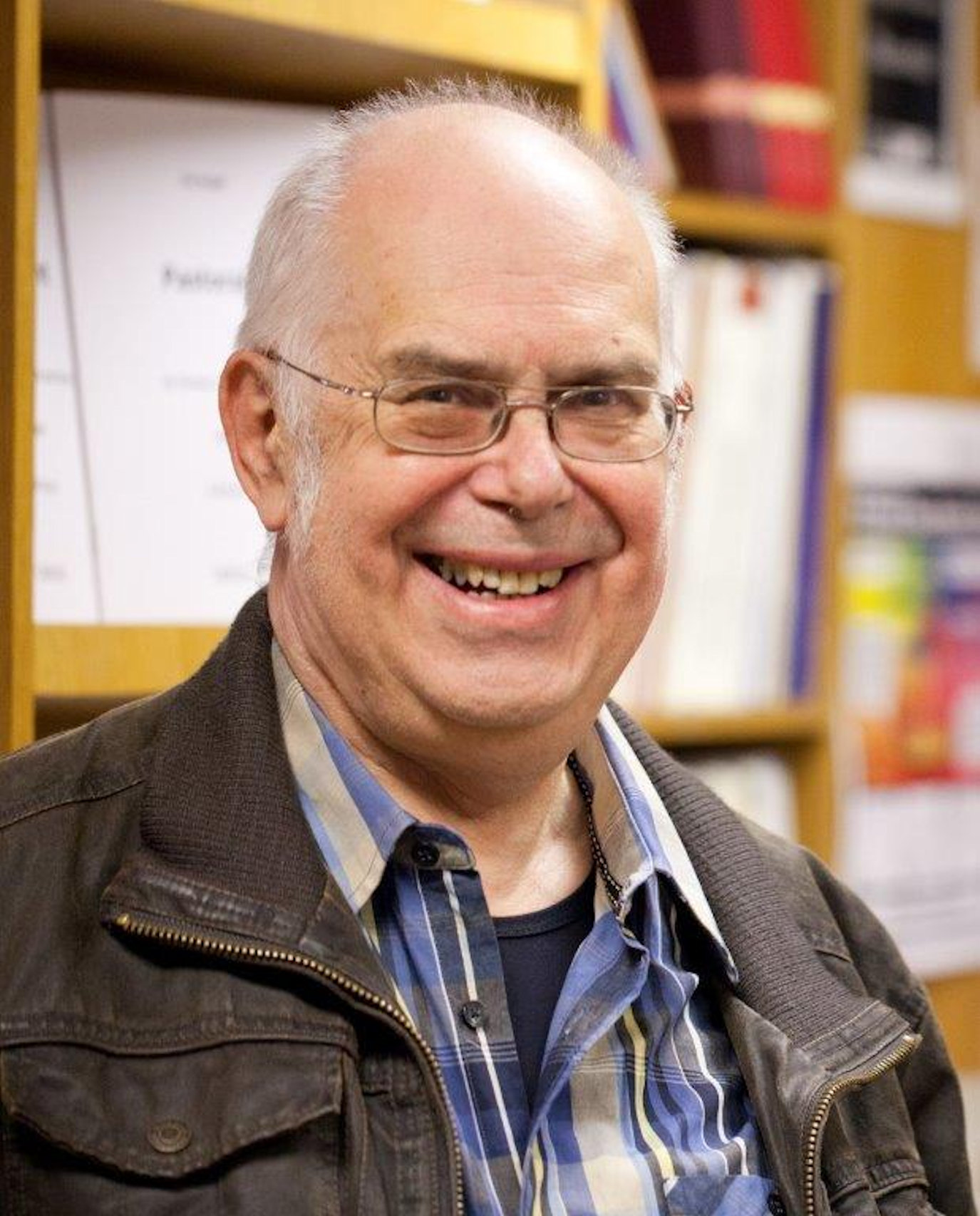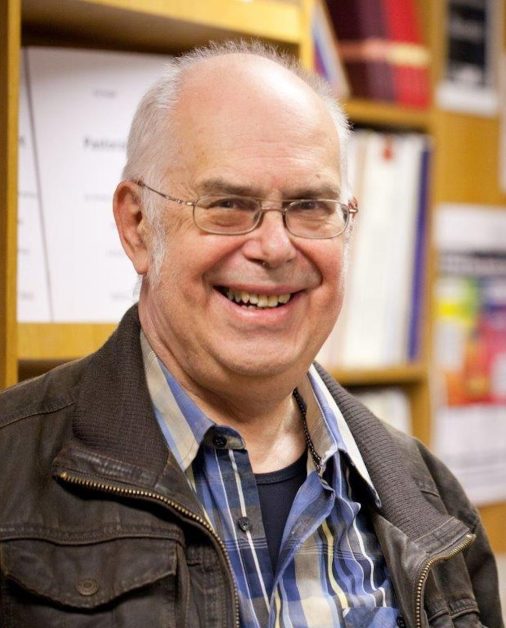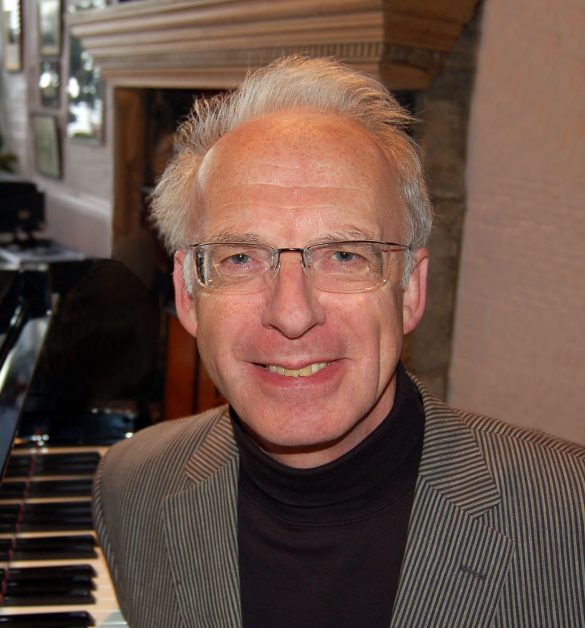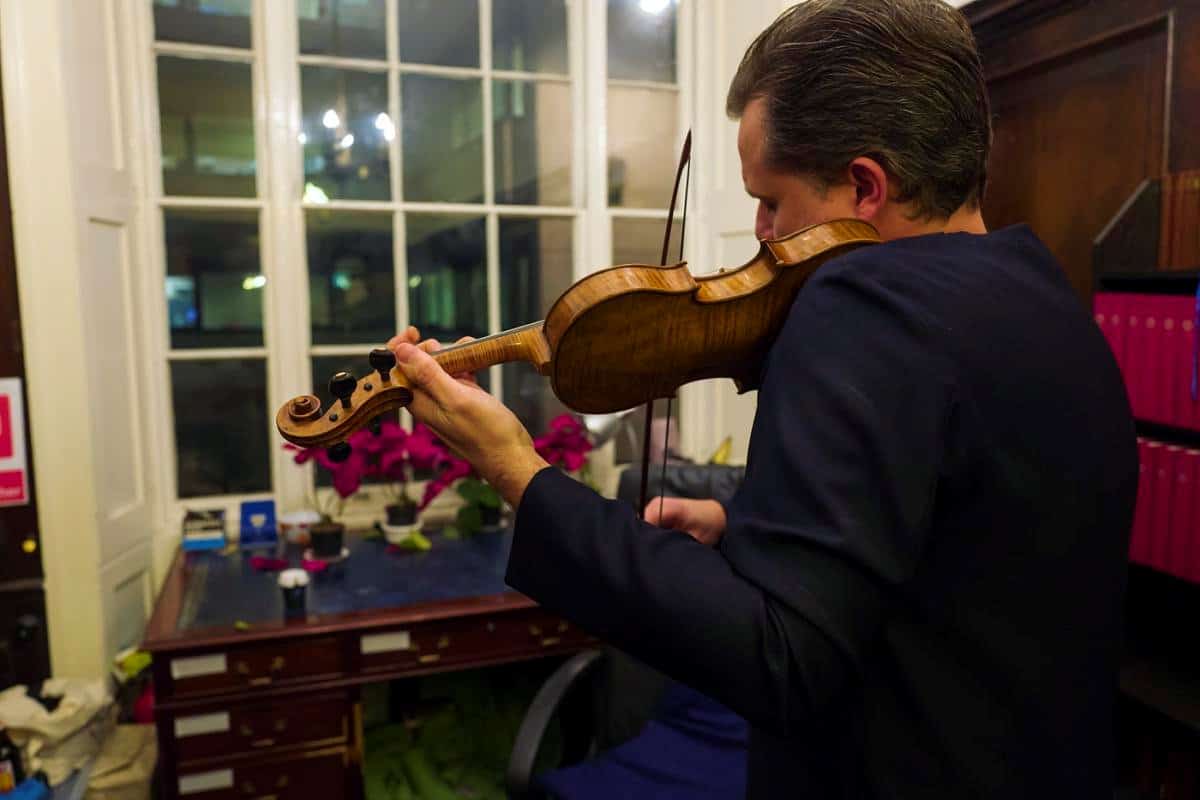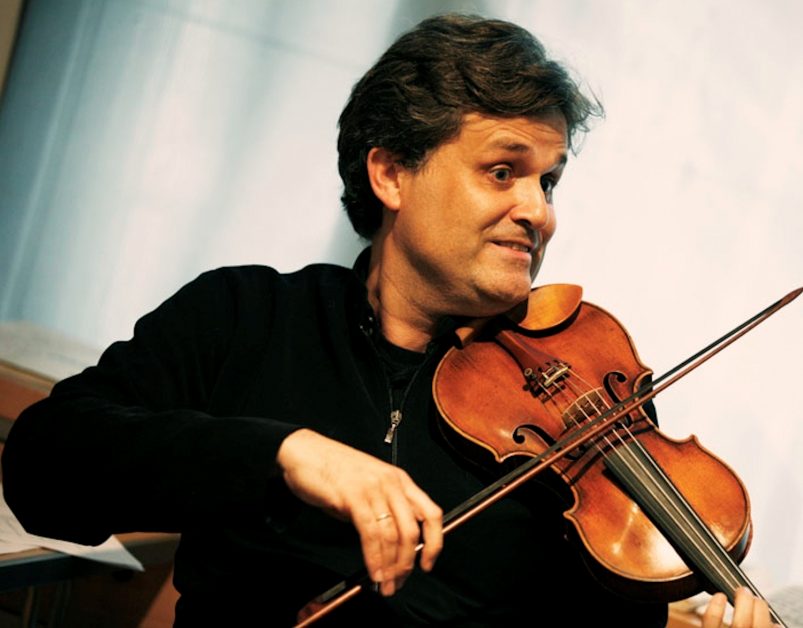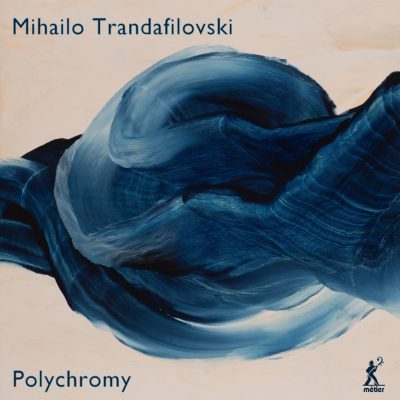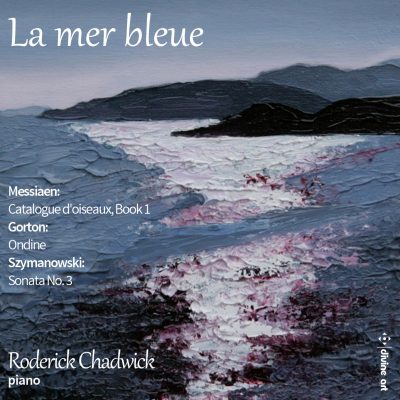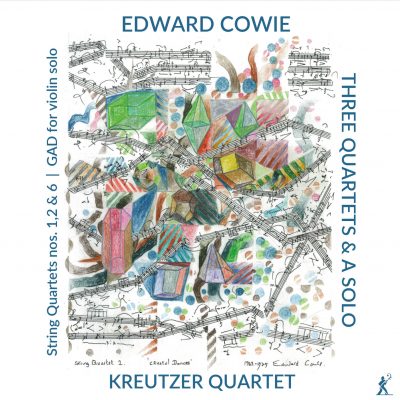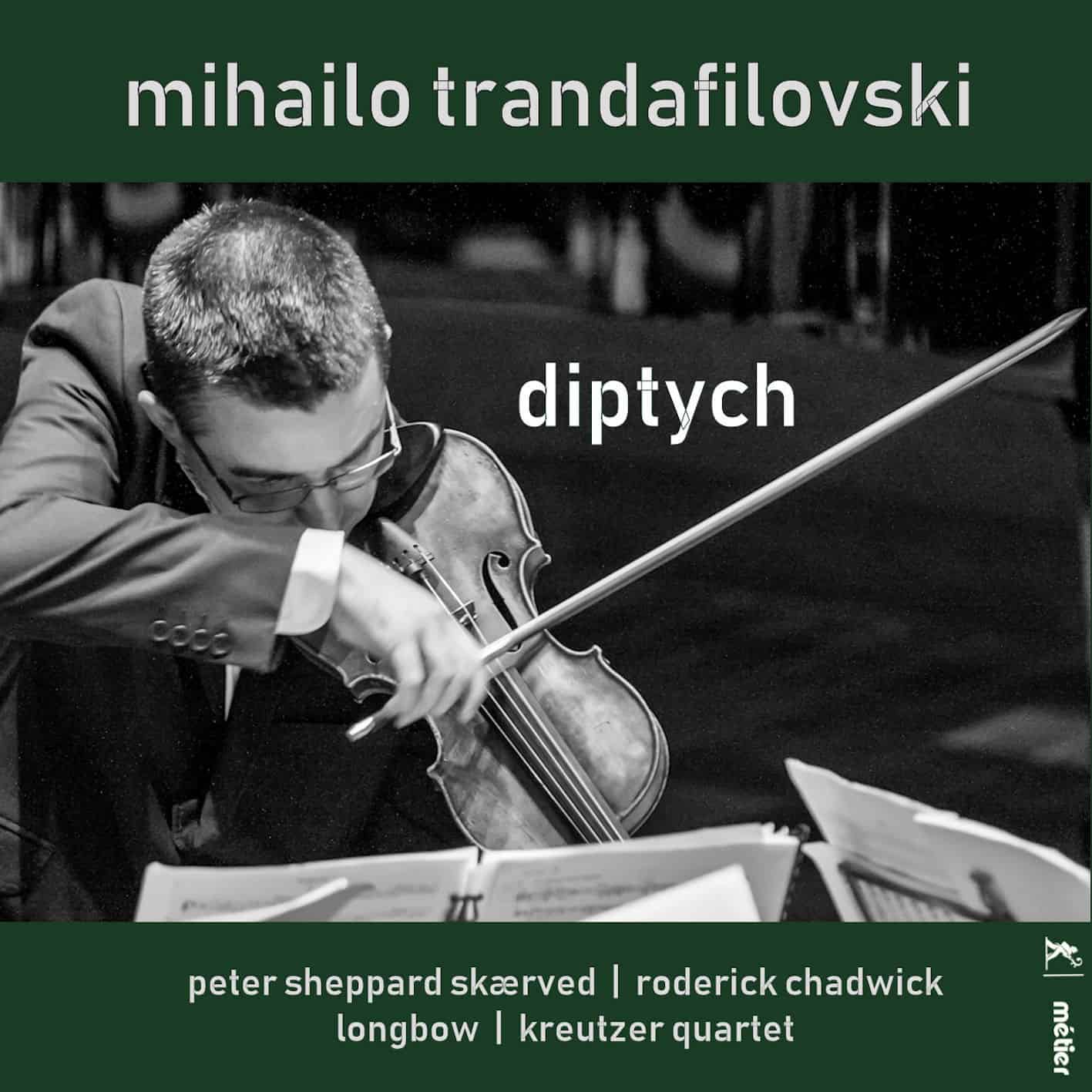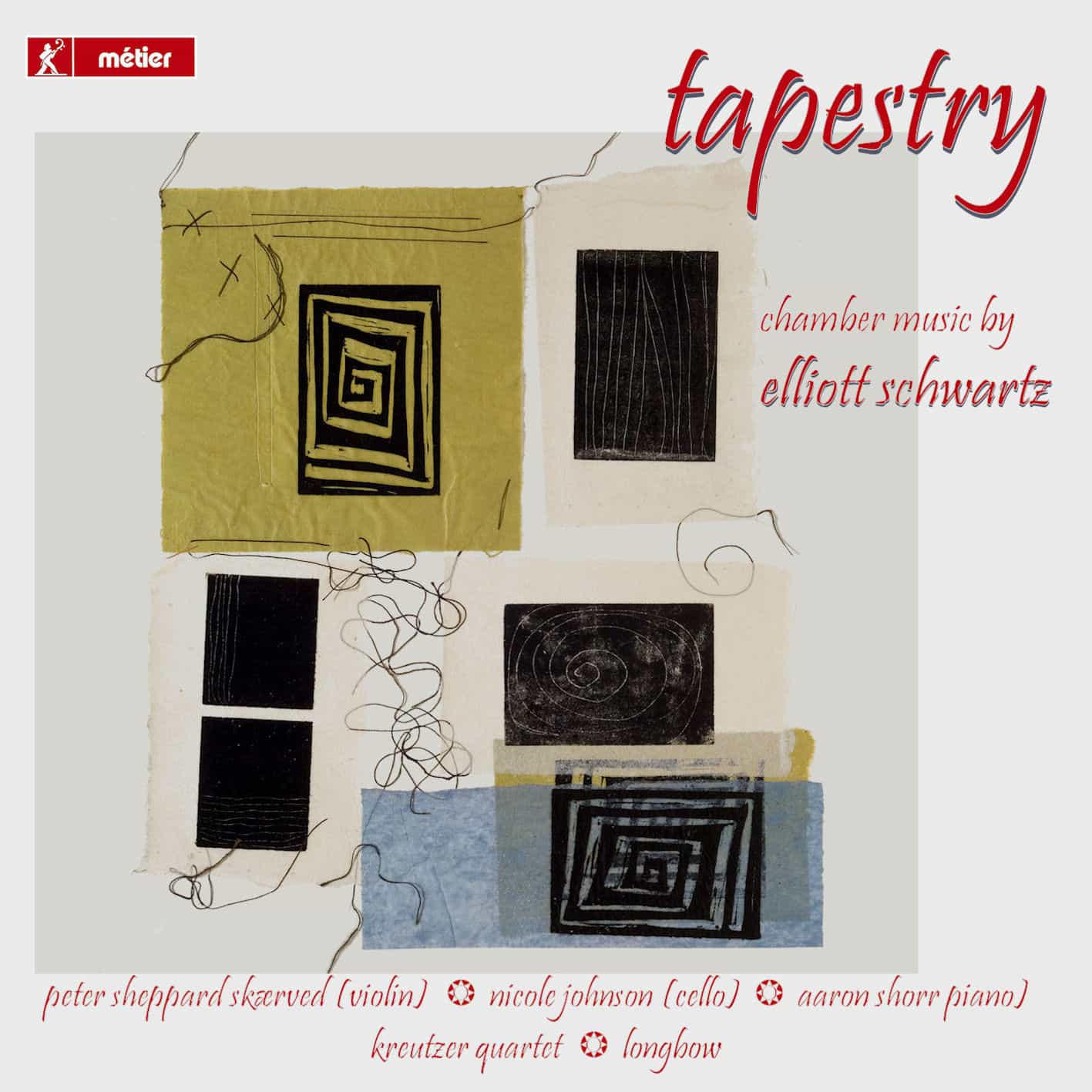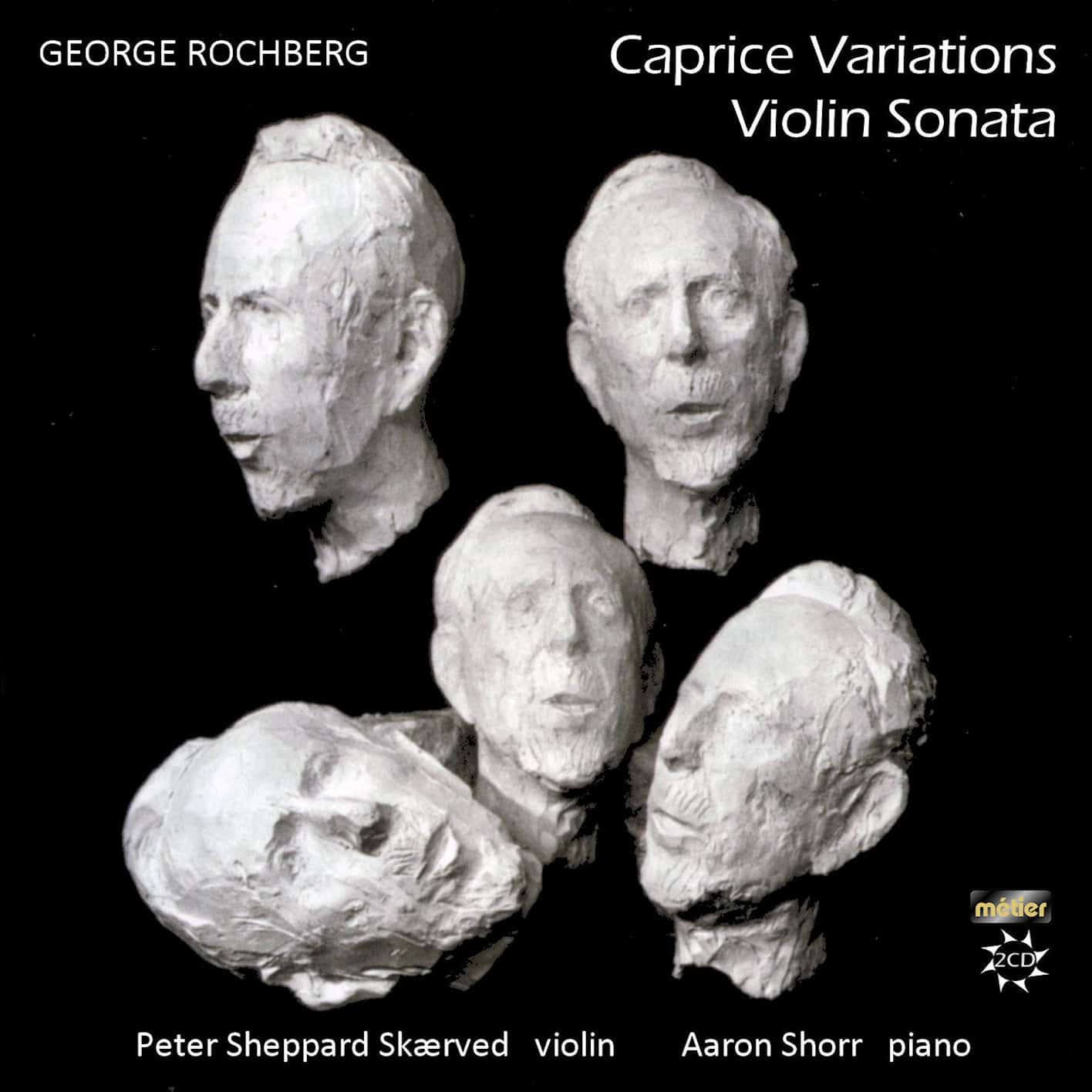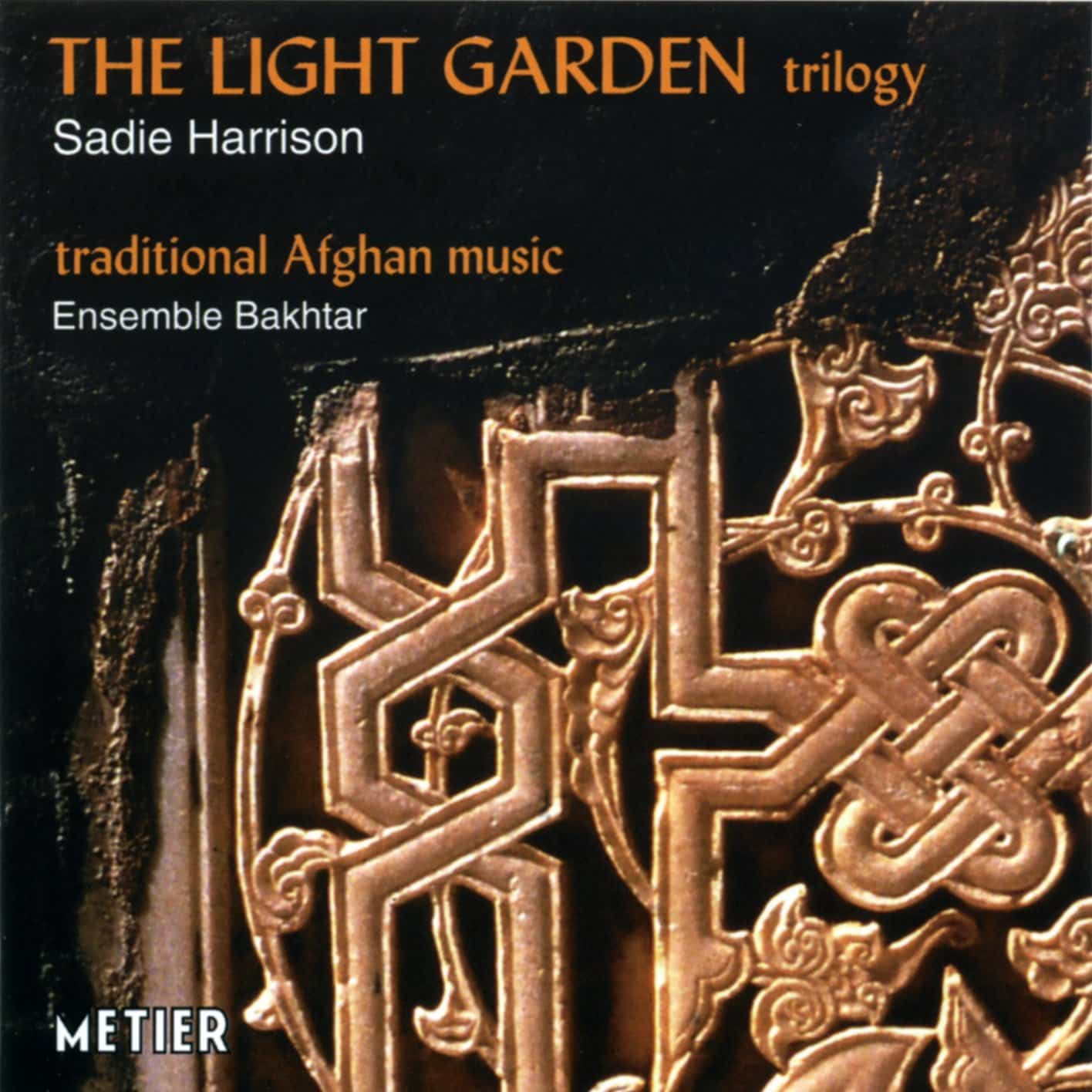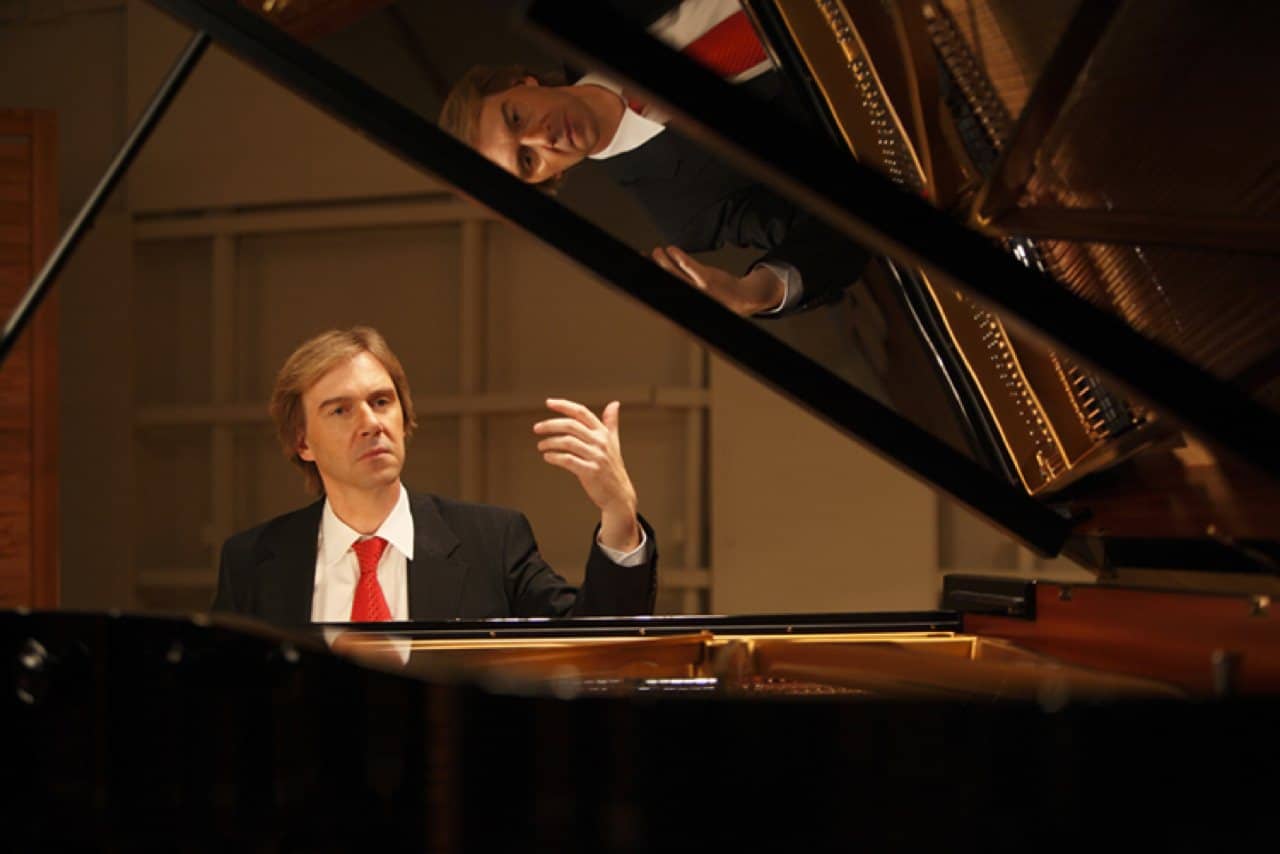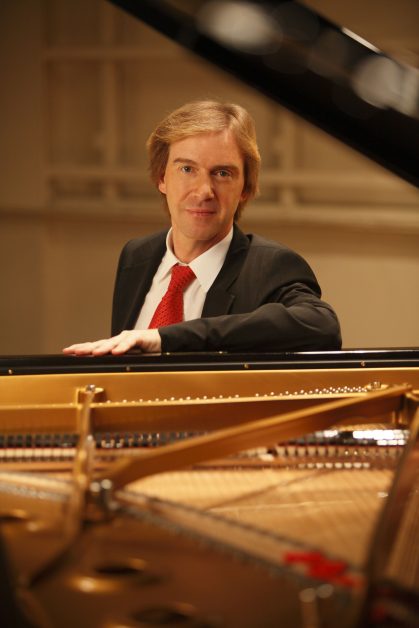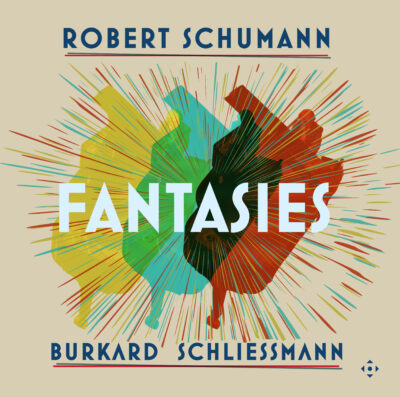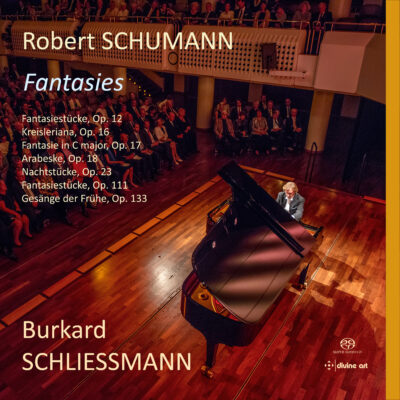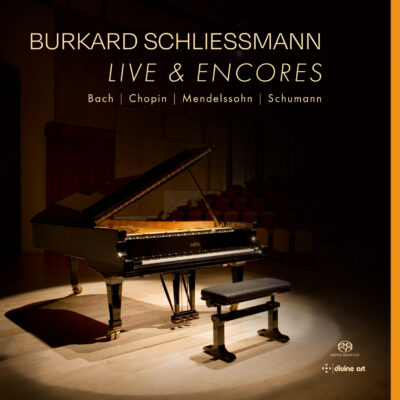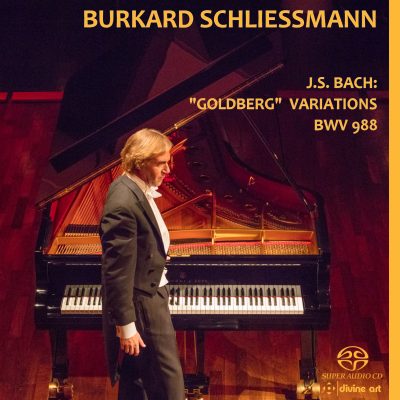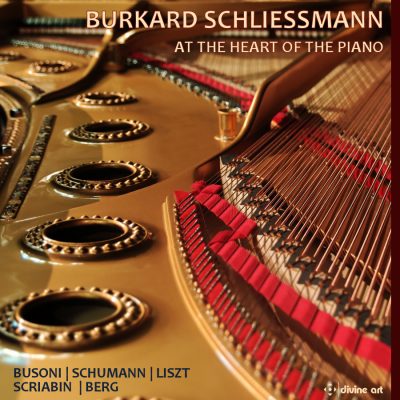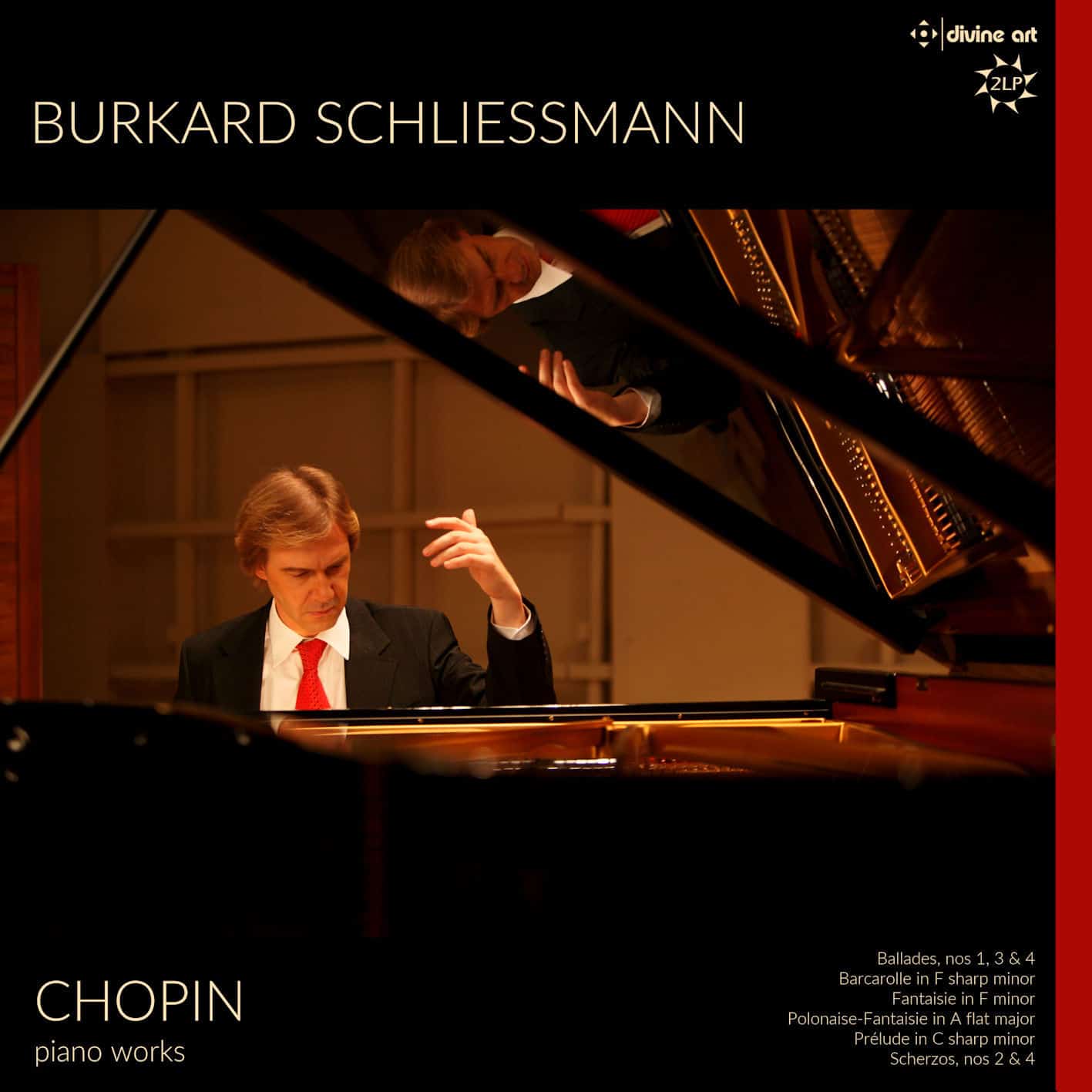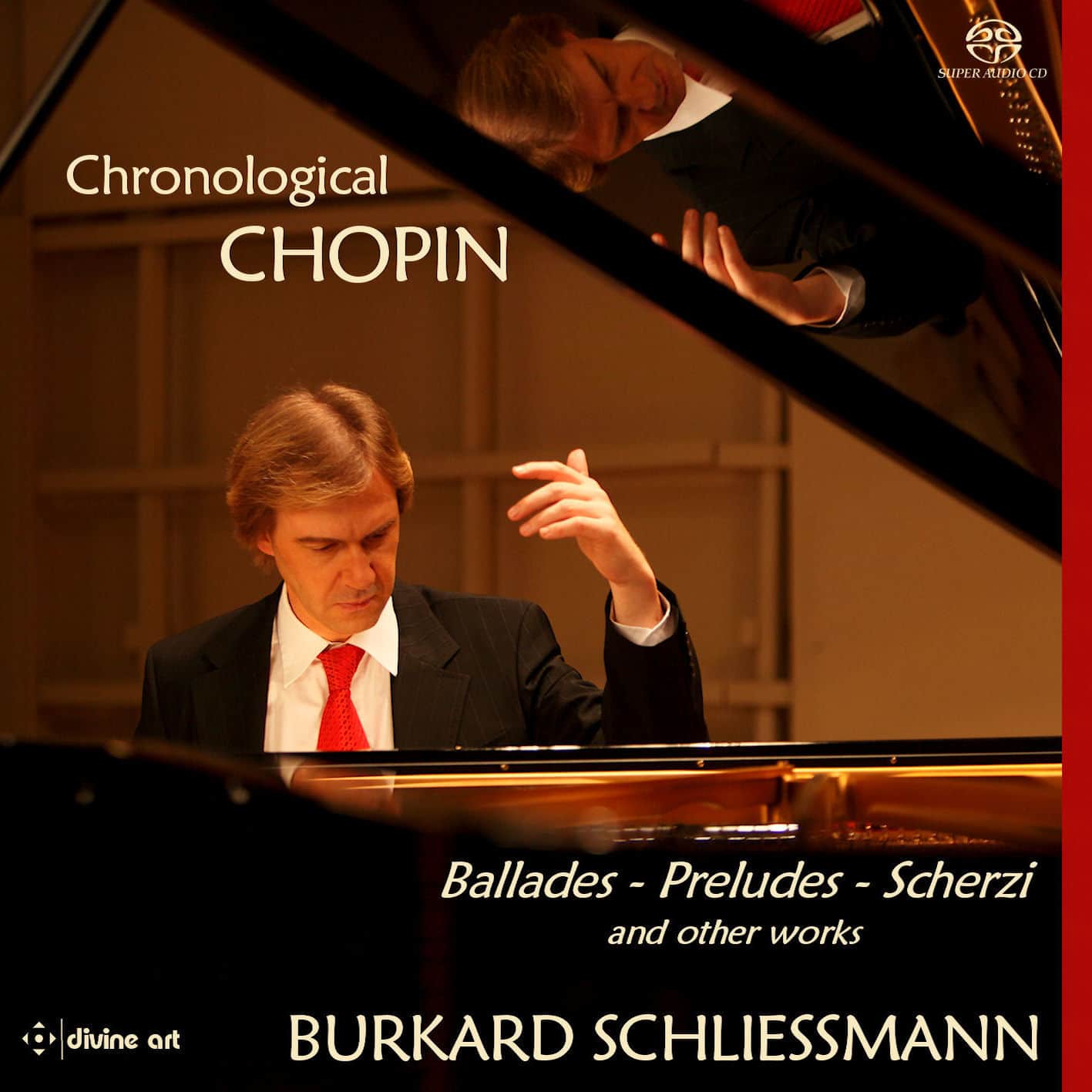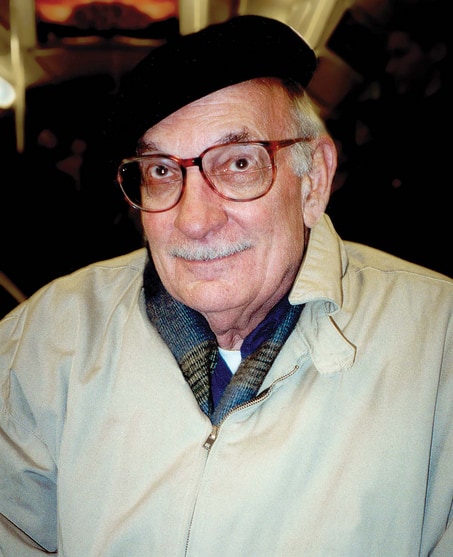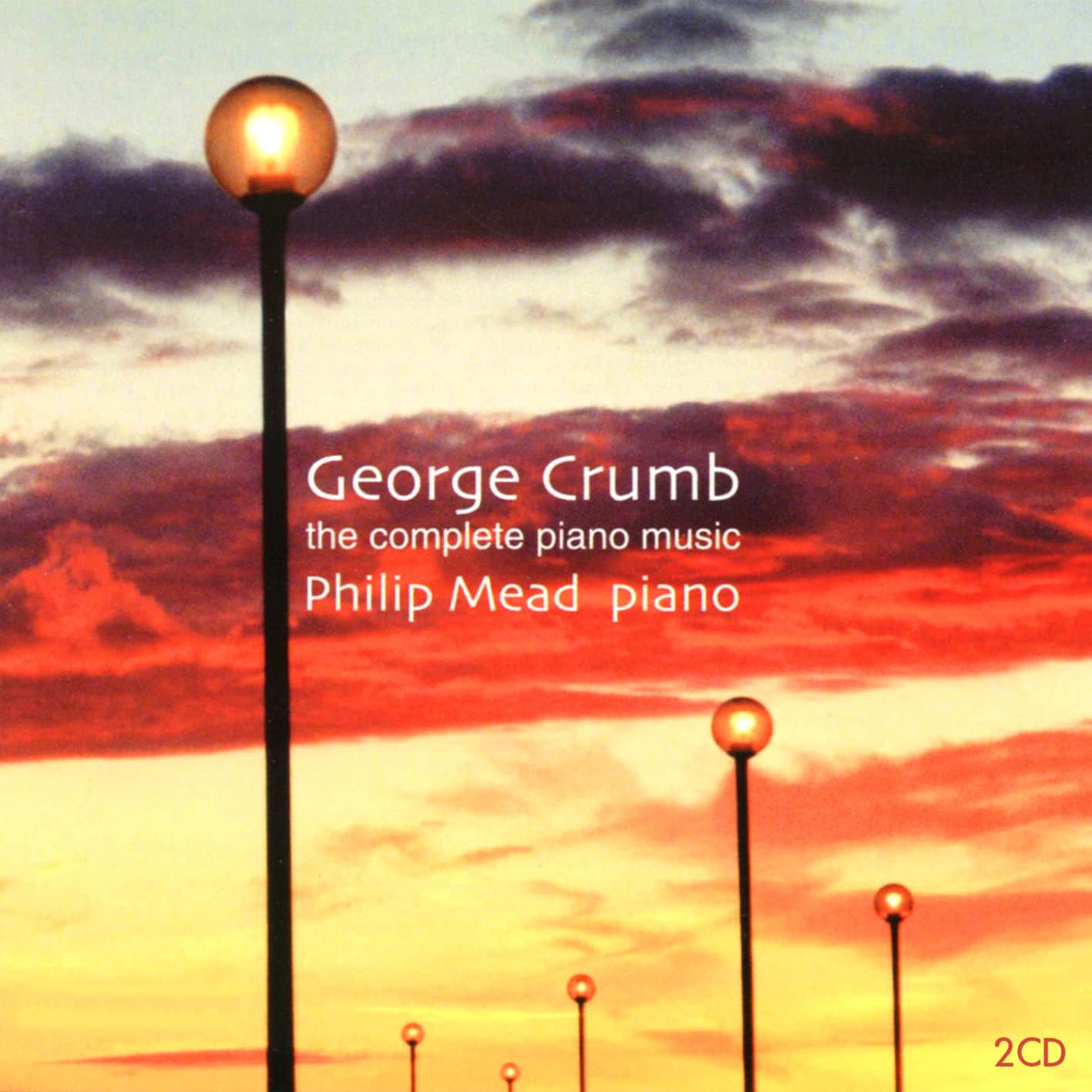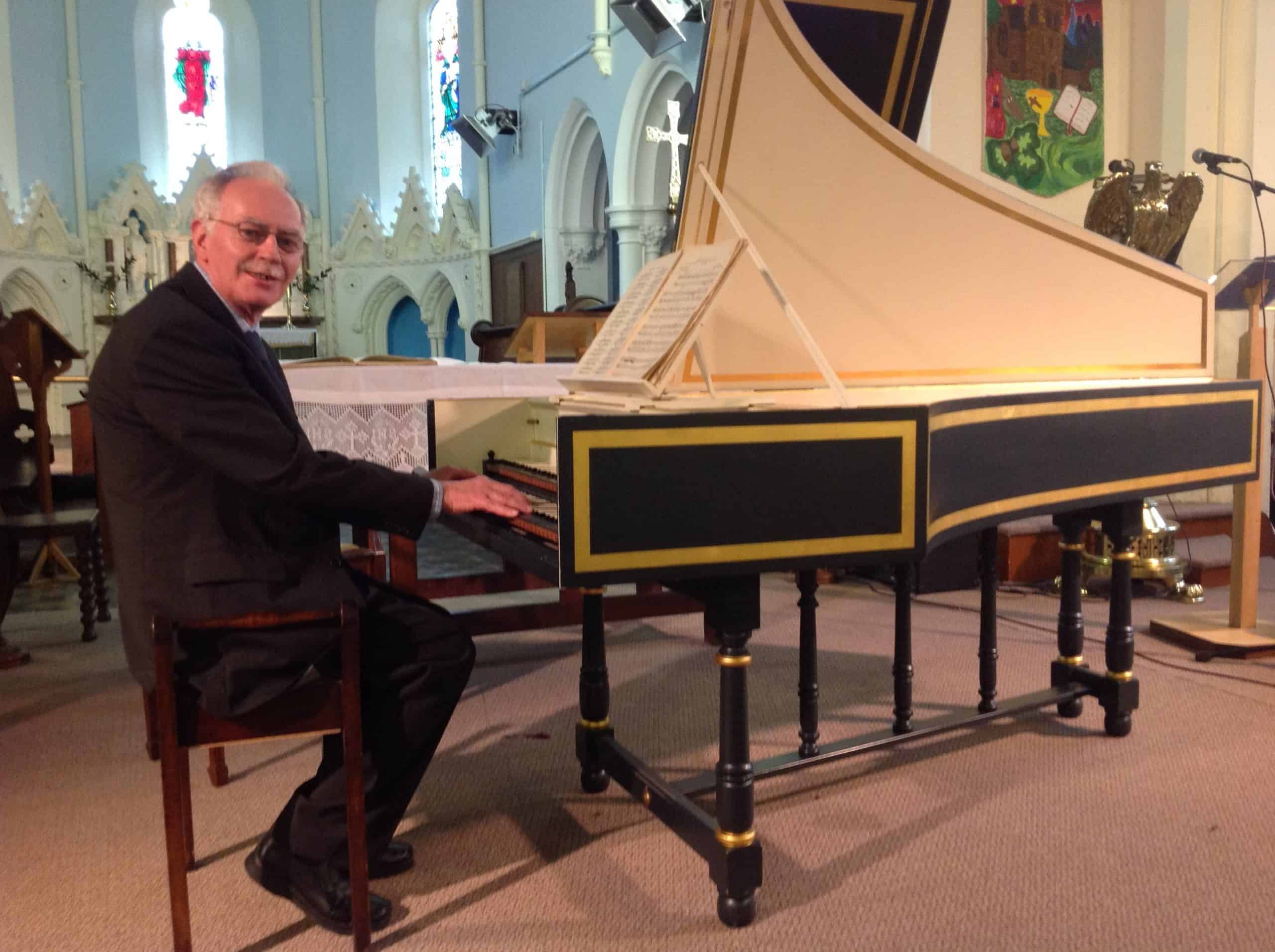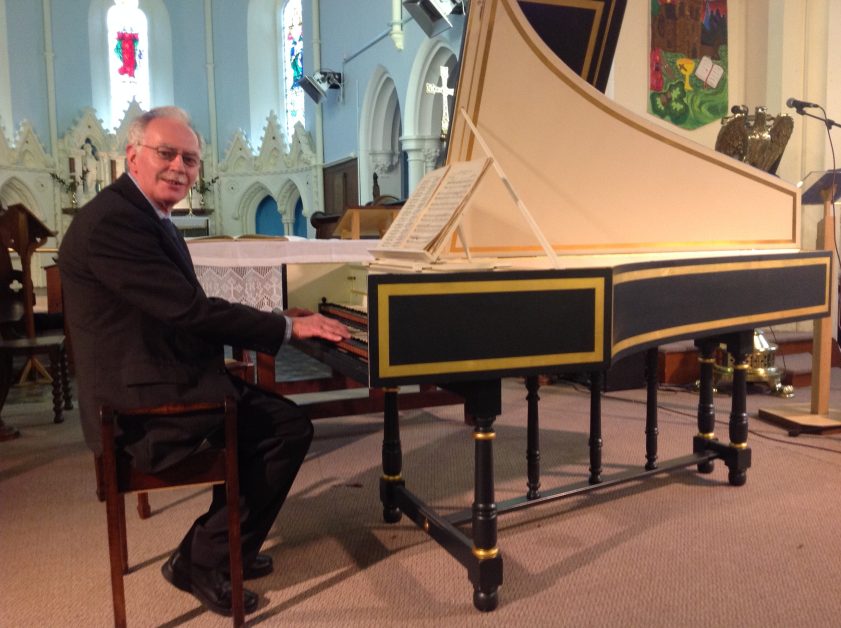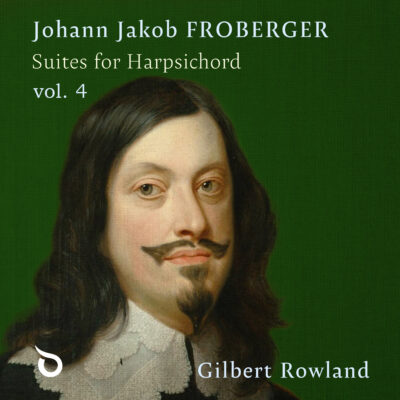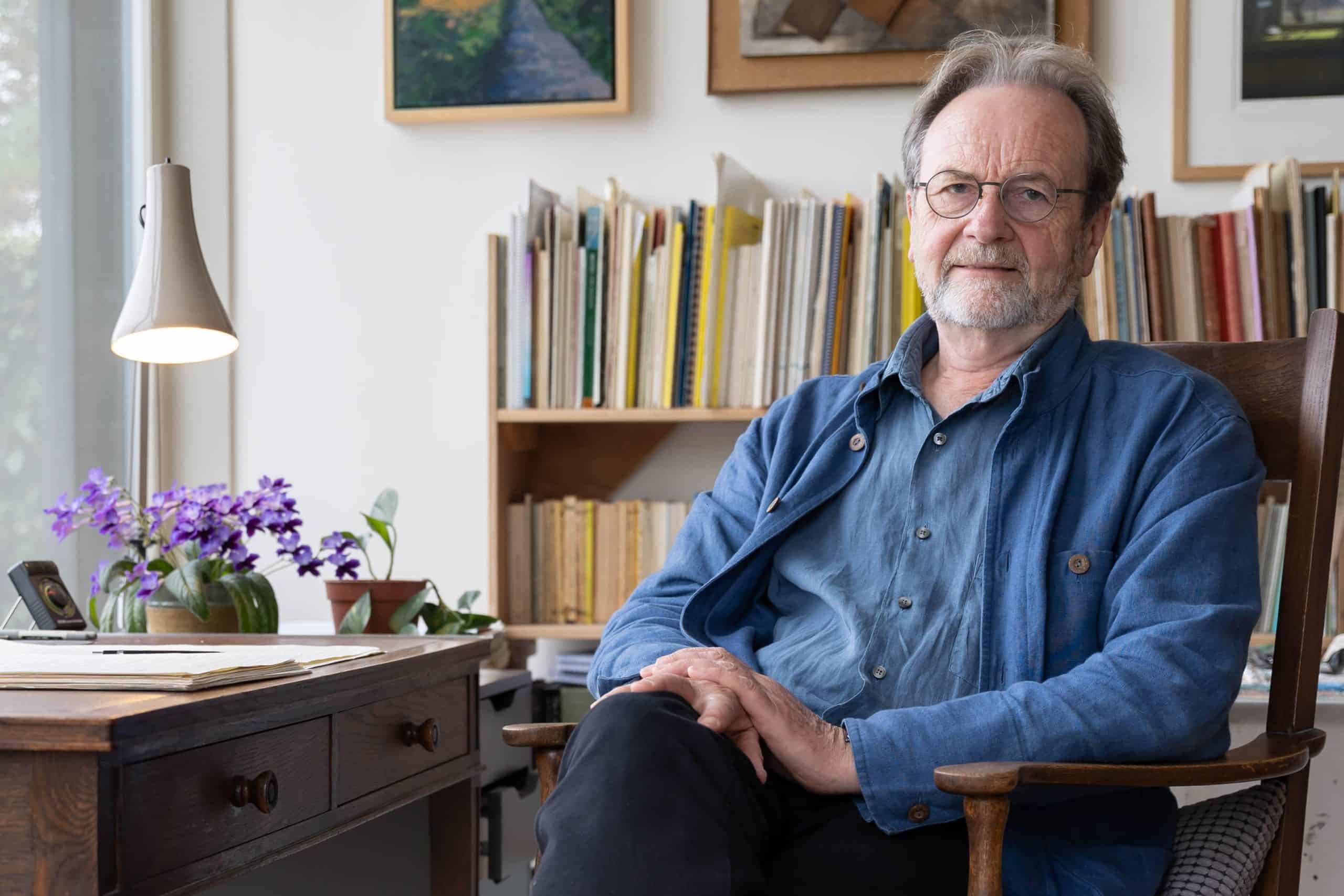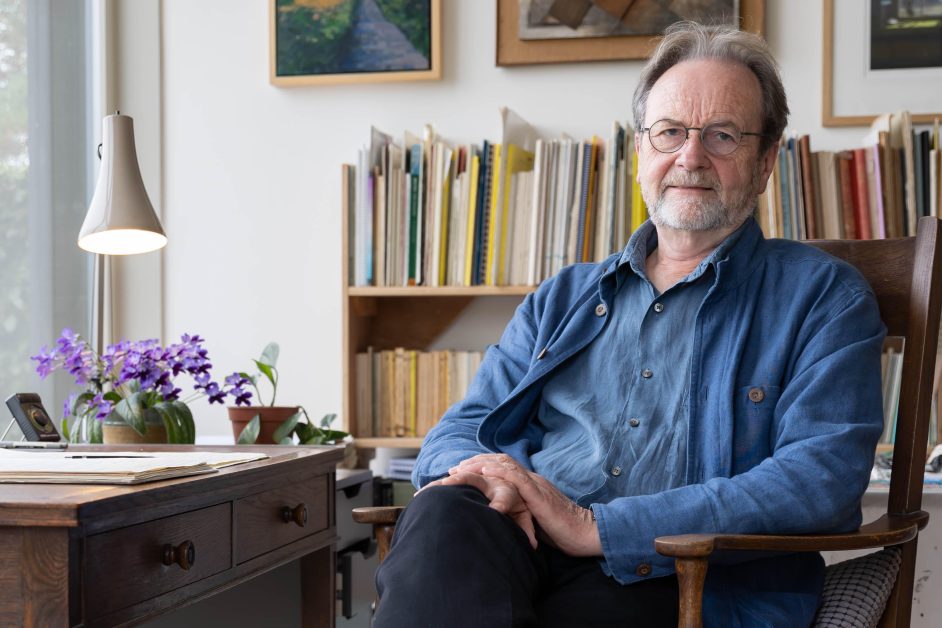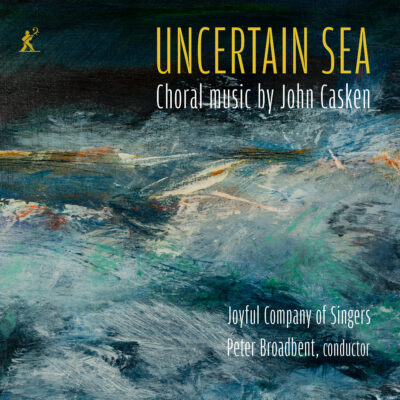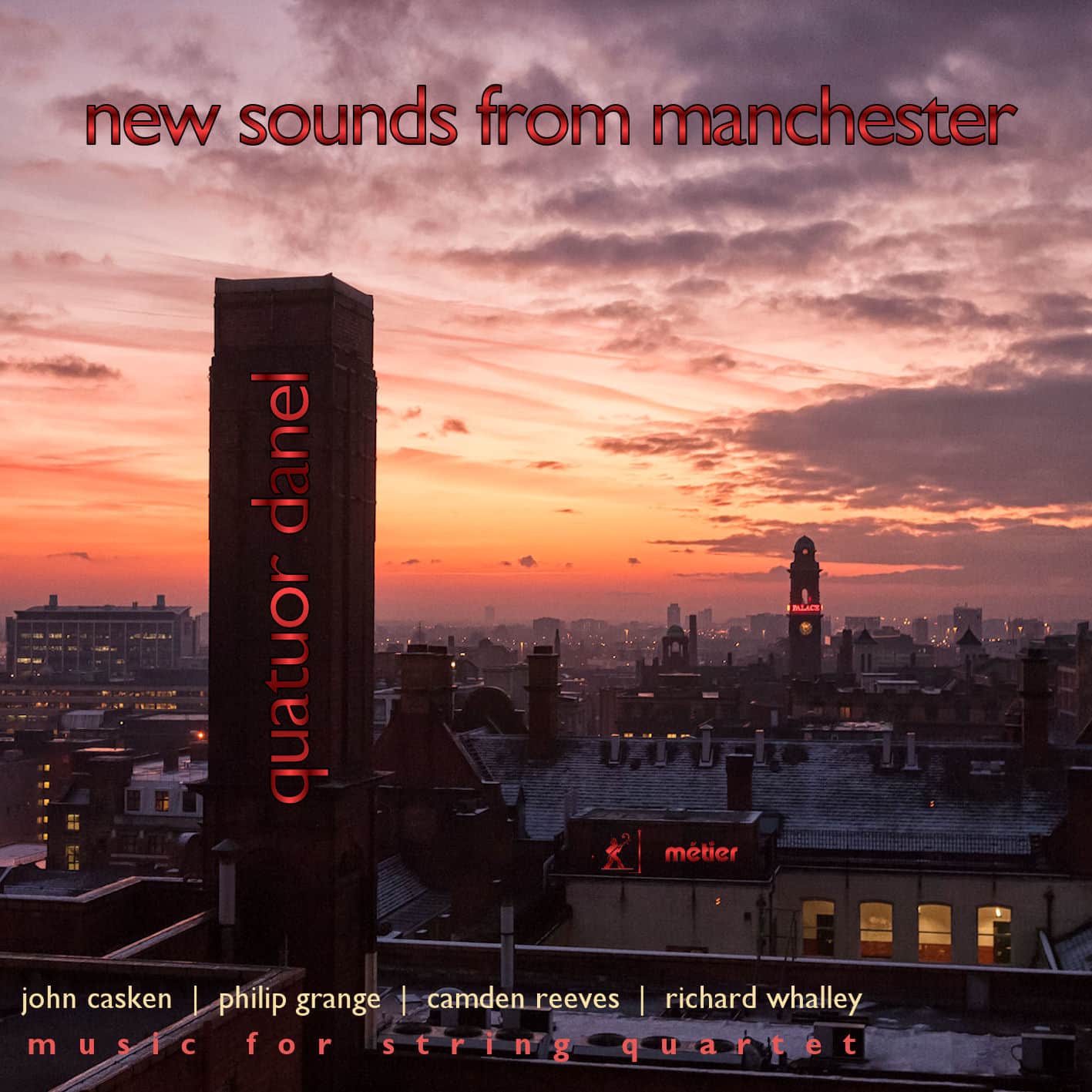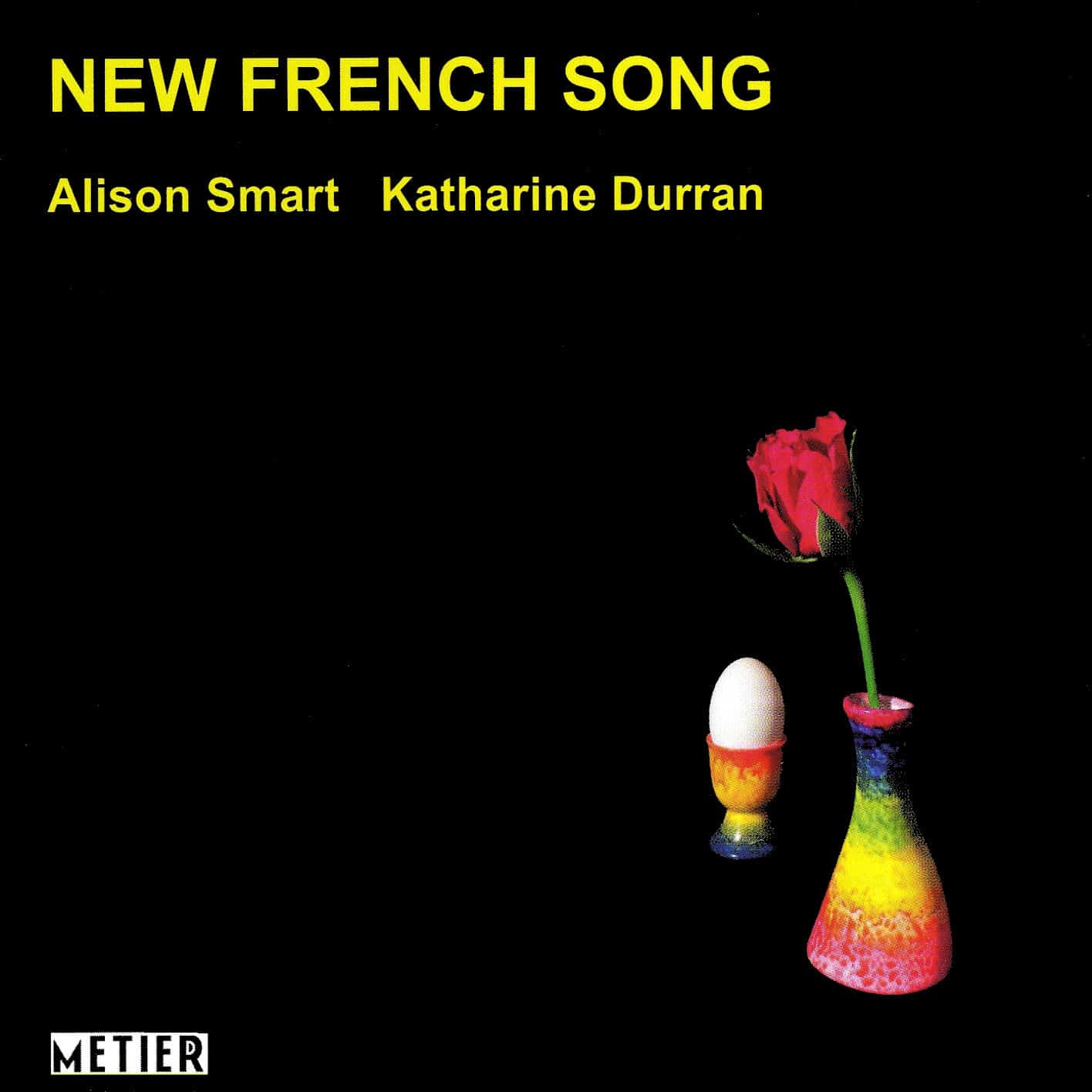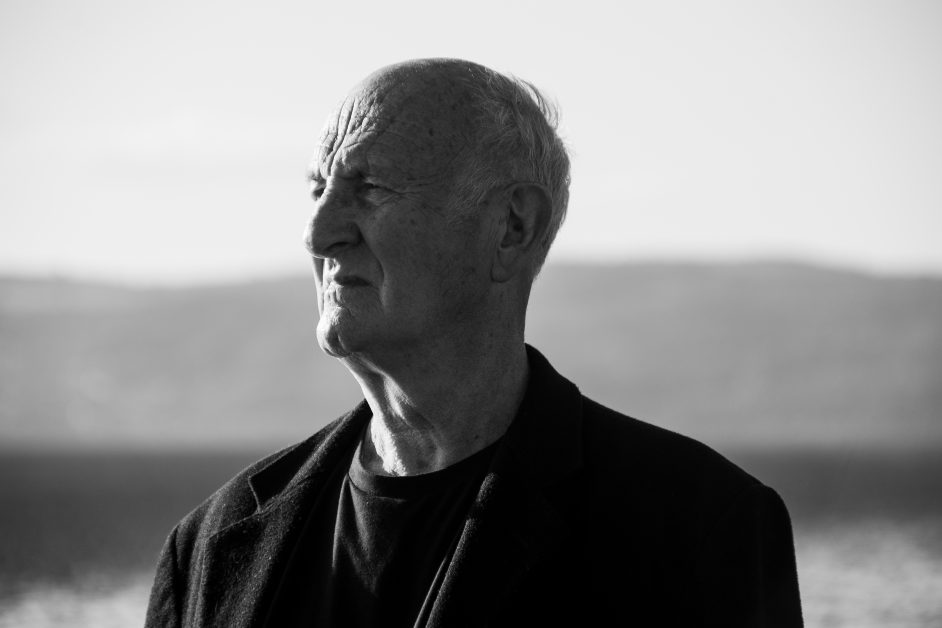
Edward Cowie is a composer of immense talent, as evidenced by the constant critical acclaim each of his recordings receives, and for his 80th birthday year, Métier is preparing two new albums which are scheduled for release (subject to final confirmation) around June/July 2023.
The Kreutzer Effect
‘Considered by many to be the greatest living composer directly inspired by the Natural World’, Edward Cowie has turned his inspiration from the natural world in general to the human animal in particular! His collaborative relationship and friendship with the extraordinary Kreutzer String Quartet now stretches back almost a decade. It has seen the quartet record all of his first six quartets; works for violin duo (Particle Partita), and his astounding major solo violin work, GAD. Such has been the flowering of this relationship that Cowie has composed an entire CD devoted to the Kreutzer’s brilliant playing. His seventh string quartet was composed especially for this quartet and as a further symbol of the high esteem he has for the group, he has composed four solo portrait pieces – one for each member of the quartet. From Icarus ascending into incandescent heights on Clifton Harrison’s viola, to the learned and studies songs and habits of owls in his solo cello study for Neil Heyde; on to the almost surrealistic and ‘Beckett-like’ violin portrait of composer/violinist Mihailo Trandafilovski and finally to the incredible explosion of technique and song in his sonic libation to violinist and Leader of the Kreutzer Quartet, Peter Sheppard Skærved. This is literally high-powered music for a group on fire with creative talent!”
Where the Woodthrush Forever Sings (Bird Portraits No. 3)
Composer, visual artist, natural scientist and polymath, Edward Cowie offers us the third epic cycle of ‘bird portraits’ in a 24-movement work for clarinet(s) and piano. His first, Bird Portraits – composed for violin and piano, together with Where Song was Born for flute(s) and piano were recorded on this label and received universal and international acclaim. These are already set to become established as major duo chamber works on the world performance-platforms.
The first two cycles were dedicated to Birds of Britain and Australia in succession. Now, in his third cycle, the composer is inspired by 24 birds of the United States of America. In all three cases, it is not only the splendid and stunning songs of the birds themselves that emerge through and in the music. Habitat, atmosphere(s), seasons, times of day and night, flight-patterns and ritual displays are sonically stitched into an ever-unfolding tapestry of avian ‘dramas’. And just as the natural sounds and music(s) of Britain and Australia can be heard threaded into the first two cycles, this one resounds to the music of the aboriginal Indian cultures of the USA and to the music of and from jazz!The superb performers here are Anna Hashimoto (various clarinets), and the regular Bird Portrait series pianist, Roderick Chadwick.
Album Details
The Kreutzer Effect (MSV 28638)
Recording dates: during 2022 (in progress) in Yorkshire
- String Quartet No. 7 (Western Australia)
- The Kreutzer Quartet
- Menurida Variants (Solo violin)
- Peter Sheppard Skærved
- One Second Fiddle (solo violin)
- Mihailo Trandafilovski
- Whatever Happened to Icarus? (solo viola)
- Clifton Harrison
- Glaukopis (solo cello)
- Neil Heyde
Where the Woodthrush Forever Sings (MSV 28639)
To be recorded in early 2023 in Hertfordshire
- Where the Woodthrush Forever Sings (cycle of 24 pieces devoted to birds of the USA)
- Anna Hashimoto (clarinets)
- Roderick Chadwick (piano)
Press for Edward Cowie
“His imaginative gift is unparalleled” (British Music Society)
“First-rate music… fascinating and creative” (The Art Music Lounge)
“Stunning, beautiful, revelatory” (MusicWeb International)
“Extraordinarily imaginative” (Records International)
“Simply outstanding” (Musical Opinion)
Edward Cowie Recordings
-
 Edward Cowie: Because They Have SongsPrice range: £12.49 through £24.37
Edward Cowie: Because They Have SongsPrice range: £12.49 through £24.37 -
 Edward Cowie: Rock MusicPrice range: £8.99 through £14.99
Edward Cowie: Rock MusicPrice range: £8.99 through £14.99 -
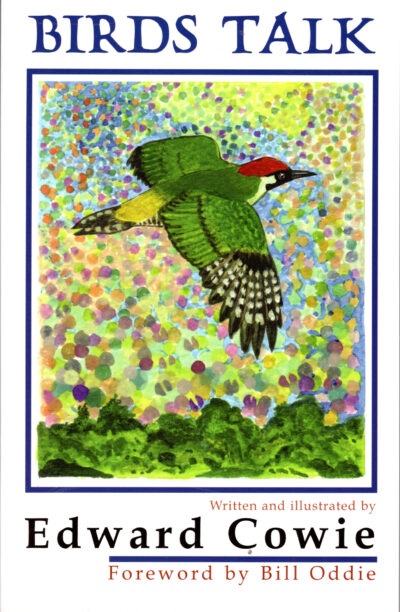 Birds Talk (by Edward Cowie)Product on salePrice range: £6.95 through £8.95
Birds Talk (by Edward Cowie)Product on salePrice range: £6.95 through £8.95 -
 Edward Cowie: Rutherford’s LightsPrice range: £8.99 through £14.99
Edward Cowie: Rutherford’s LightsPrice range: £8.99 through £14.99 -
 Edward Cowie: The Kreutzer EffectPrice range: £8.99 through £14.99
Edward Cowie: The Kreutzer EffectPrice range: £8.99 through £14.99 -
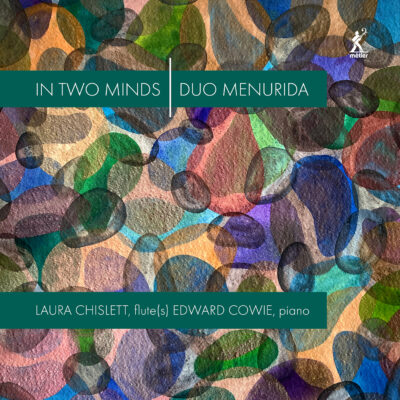 Duo Menurida: In Two MindsPrice range: £8.99 through £14.99
Duo Menurida: In Two MindsPrice range: £8.99 through £14.99 -
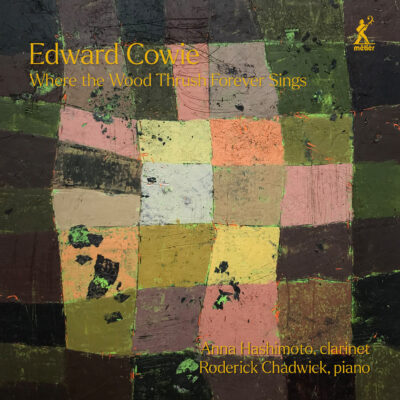 Edward Cowie: Where the Wood Thrush Forever Sings (Bird Portraits 3)Price range: £8.99 through £14.99
Edward Cowie: Where the Wood Thrush Forever Sings (Bird Portraits 3)Price range: £8.99 through £14.99 -
 Edward Cowie: Streams and ParticlesPrice range: £8.99 through £14.99
Edward Cowie: Streams and ParticlesPrice range: £8.99 through £14.99 -
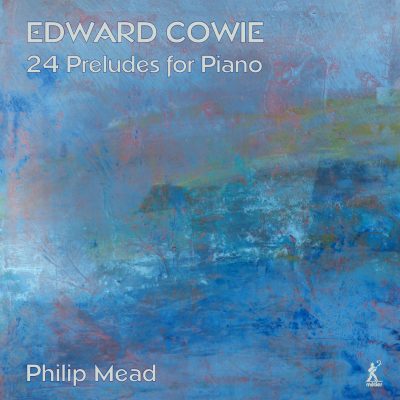 Edward Cowie: 24 Preludes for PianoPrice range: £8.99 through £14.99
Edward Cowie: 24 Preludes for PianoPrice range: £8.99 through £14.99 -
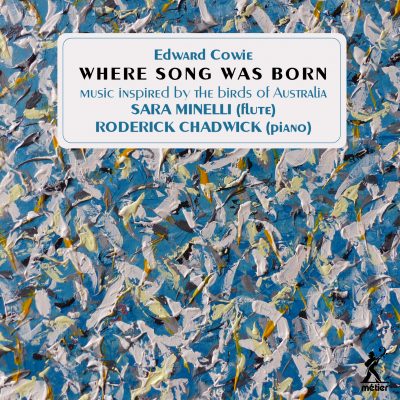 Where Song was Born – 24 Australian Bird Portraits by Edward CowiePrice range: £8.99 through £14.99
Where Song was Born – 24 Australian Bird Portraits by Edward CowiePrice range: £8.99 through £14.99 -
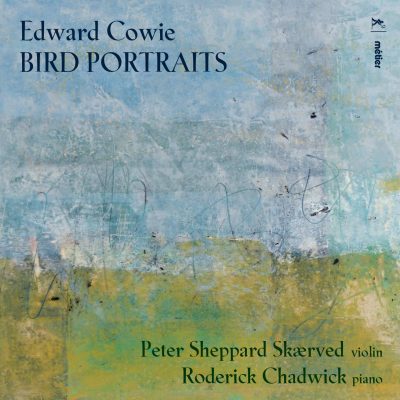 Edward Cowie: Bird PortraitsPrice range: £8.99 through £14.99
Edward Cowie: Bird PortraitsPrice range: £8.99 through £14.99 -
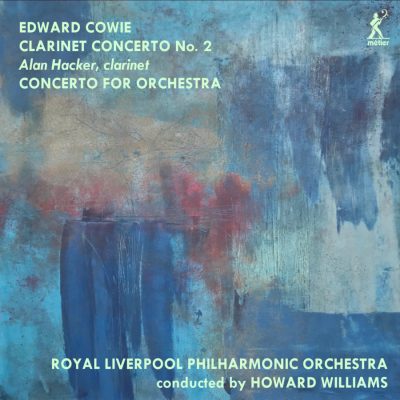 Edward Cowie – Orchestral WorksPrice range: £6.99 through £11.49
Edward Cowie – Orchestral WorksPrice range: £6.99 through £11.49

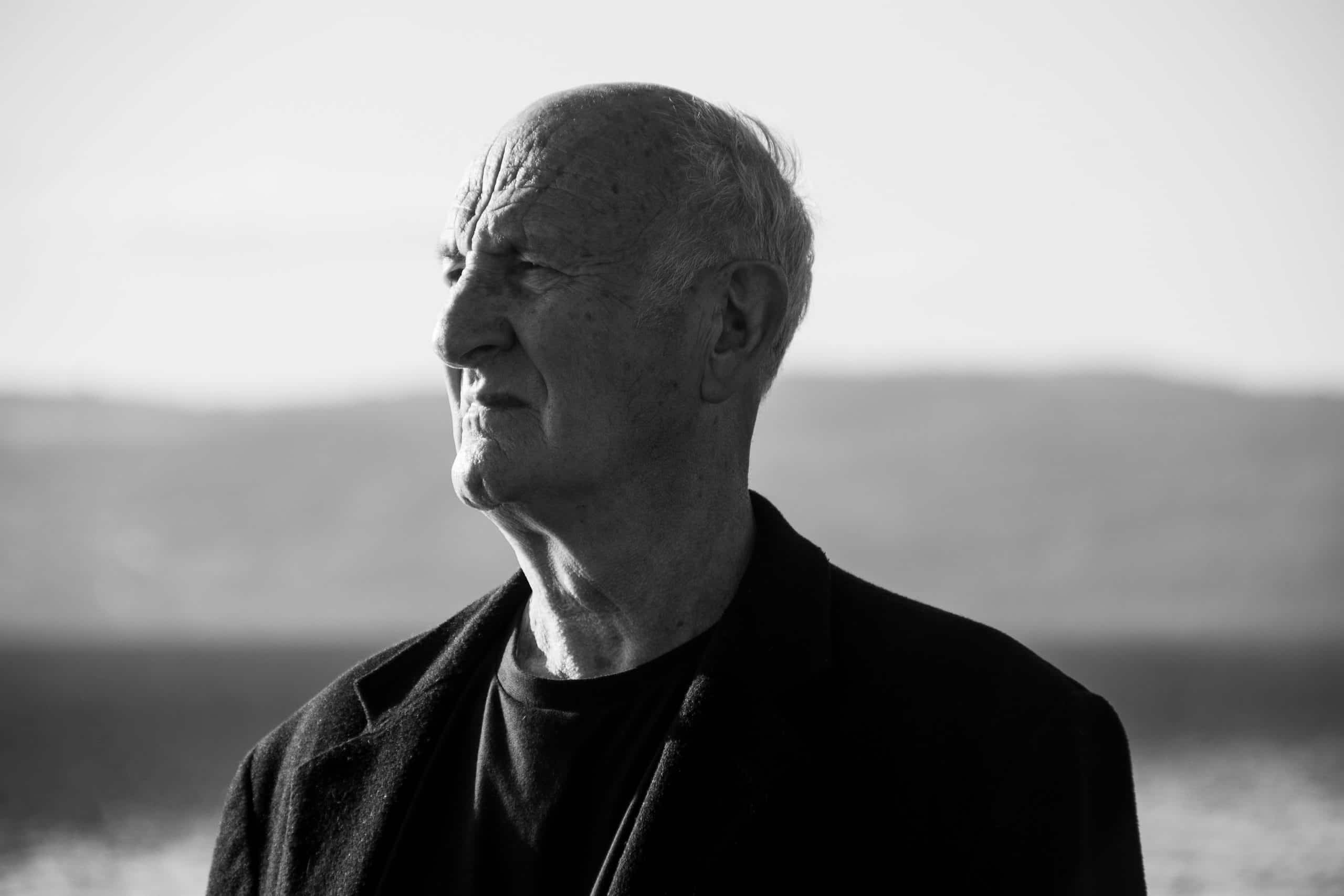

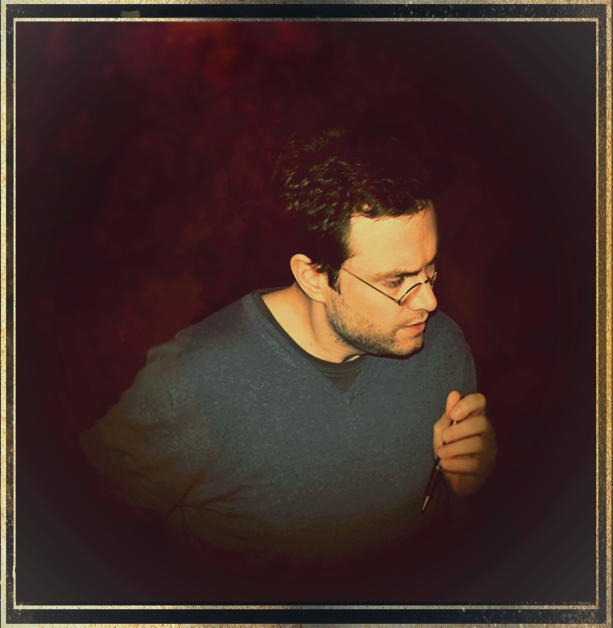


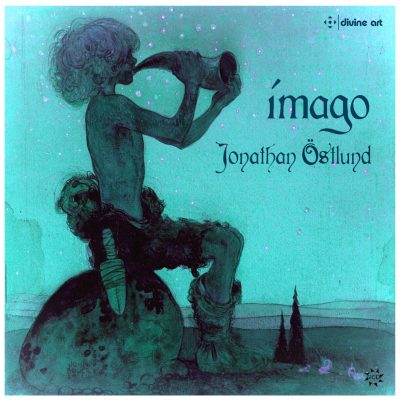
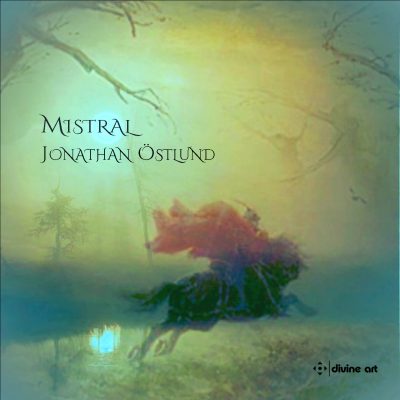
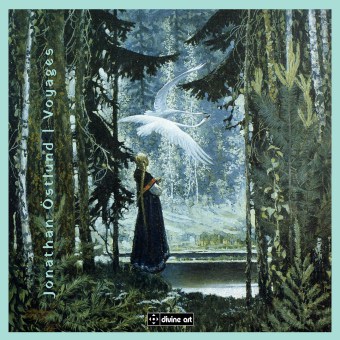

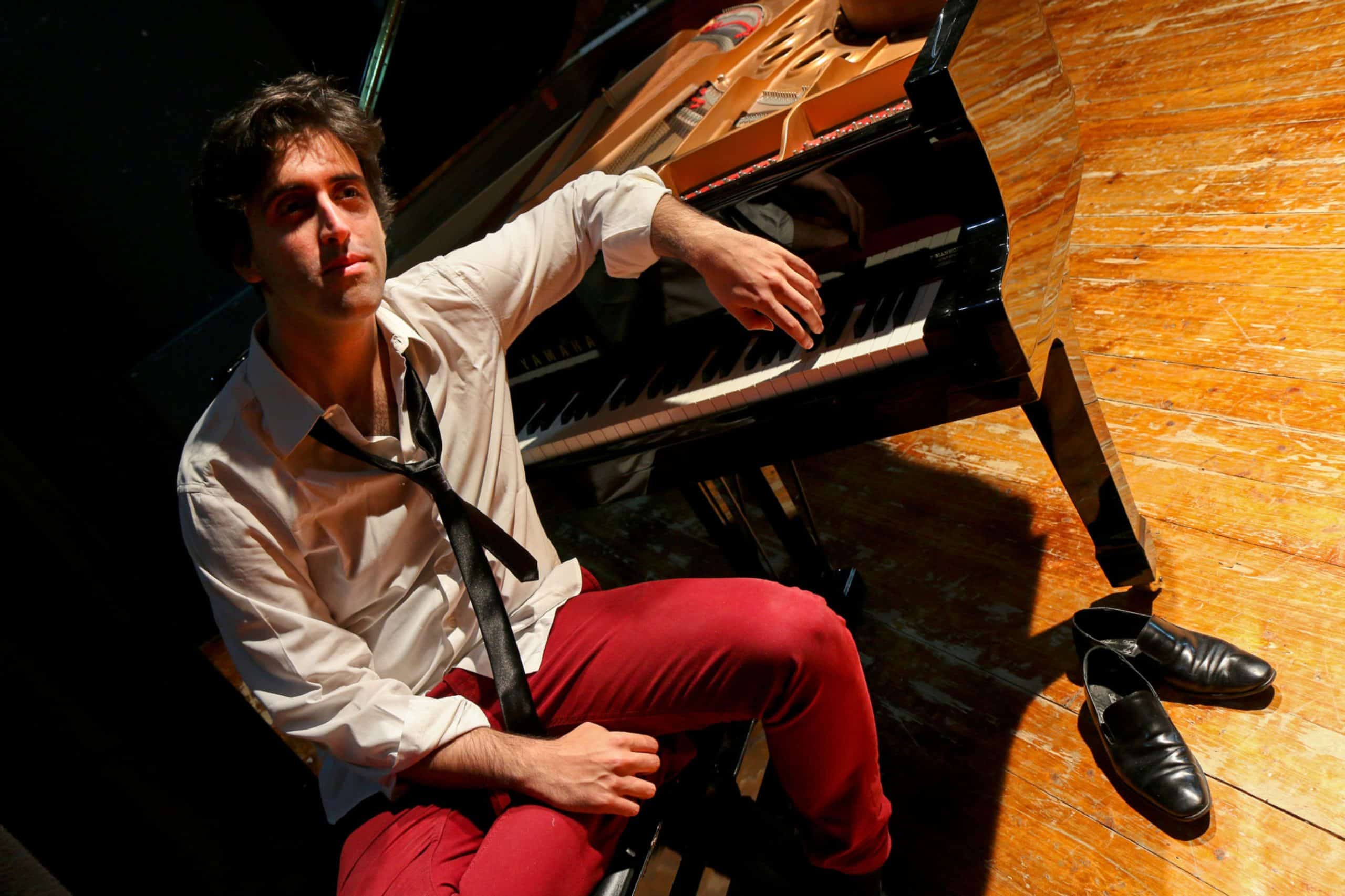
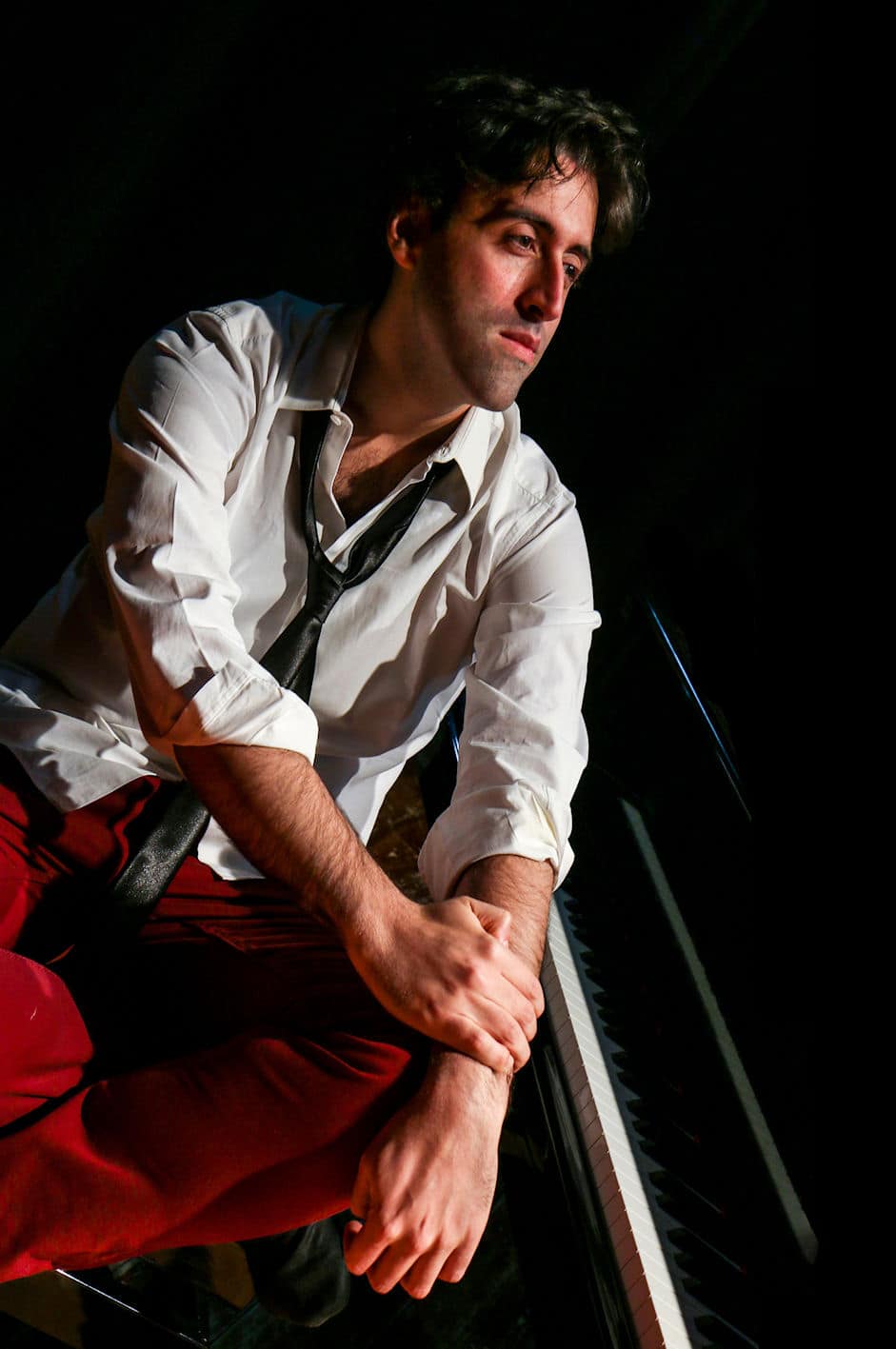



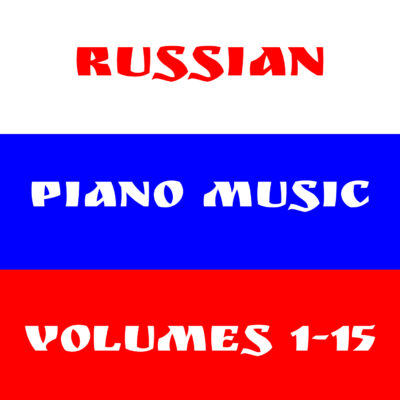
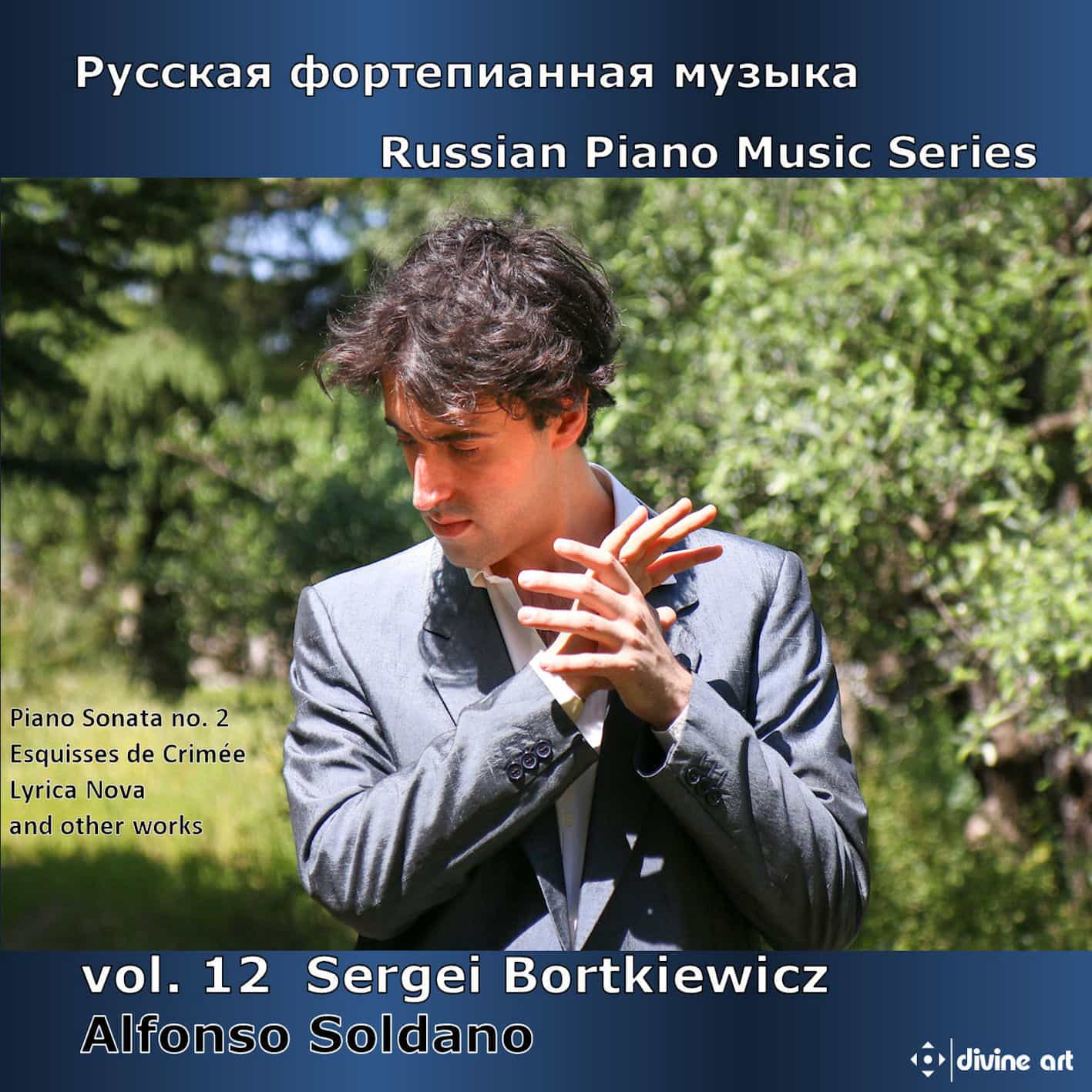
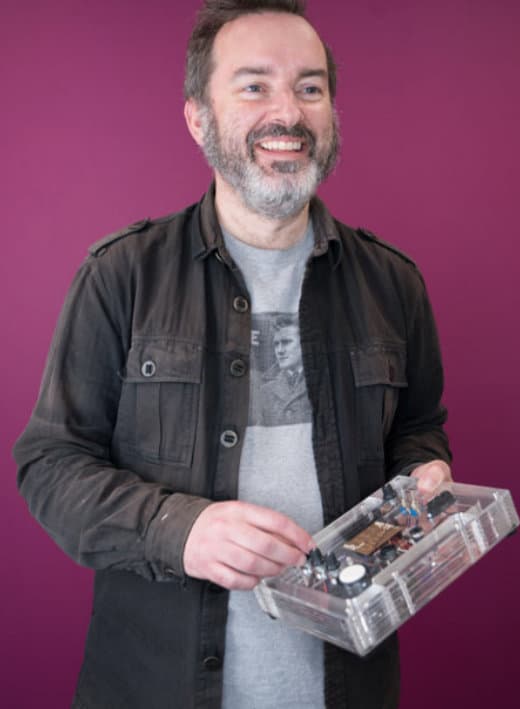
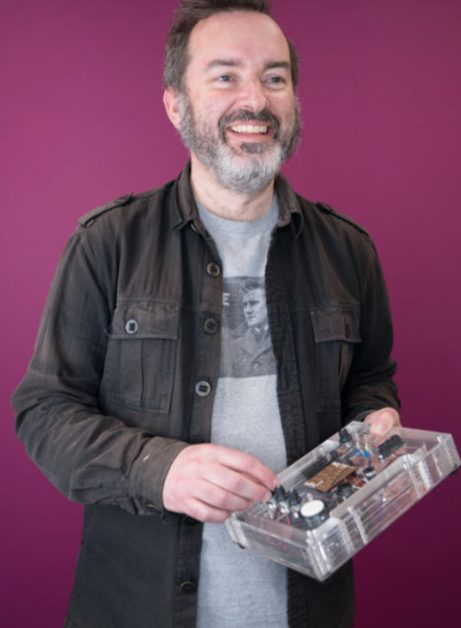
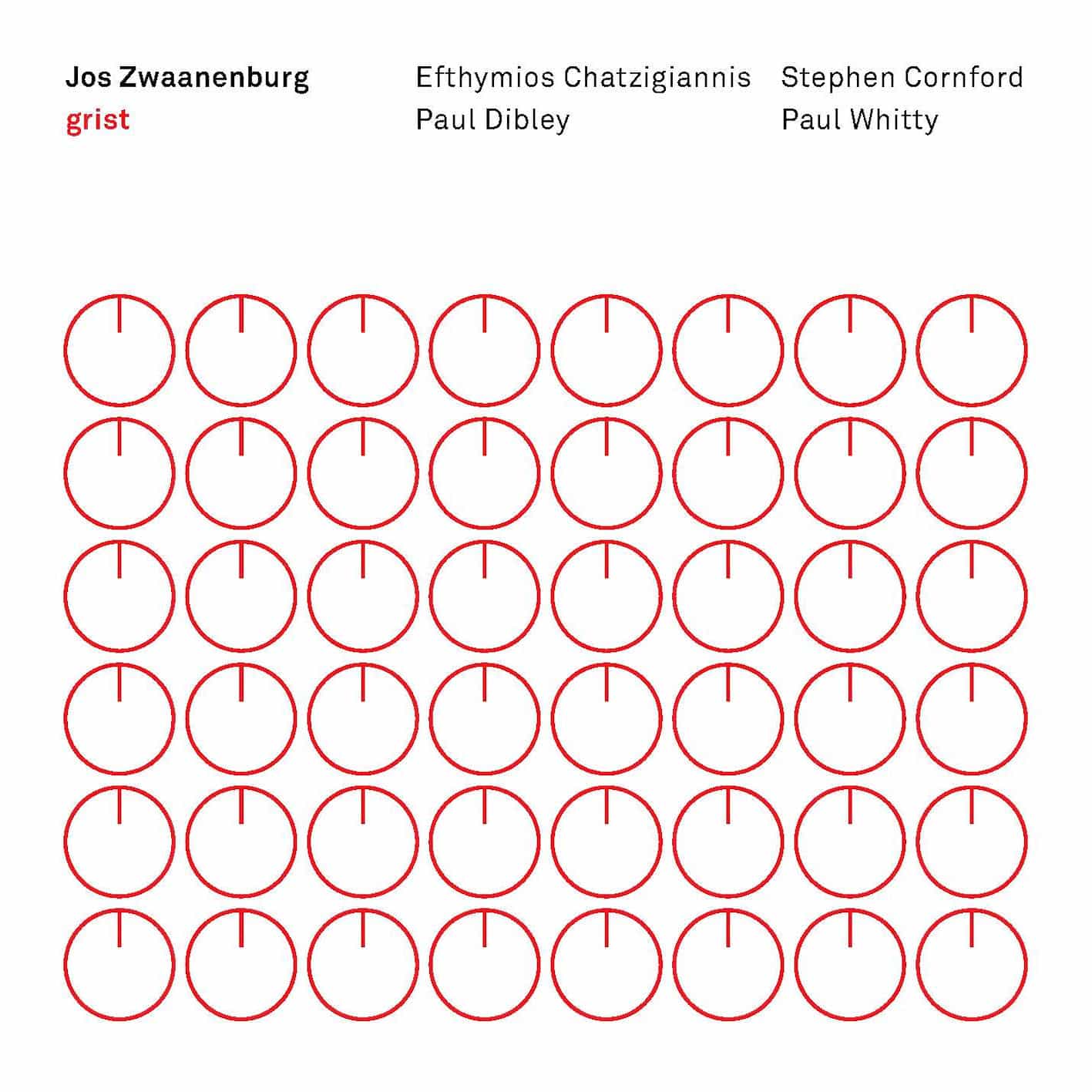
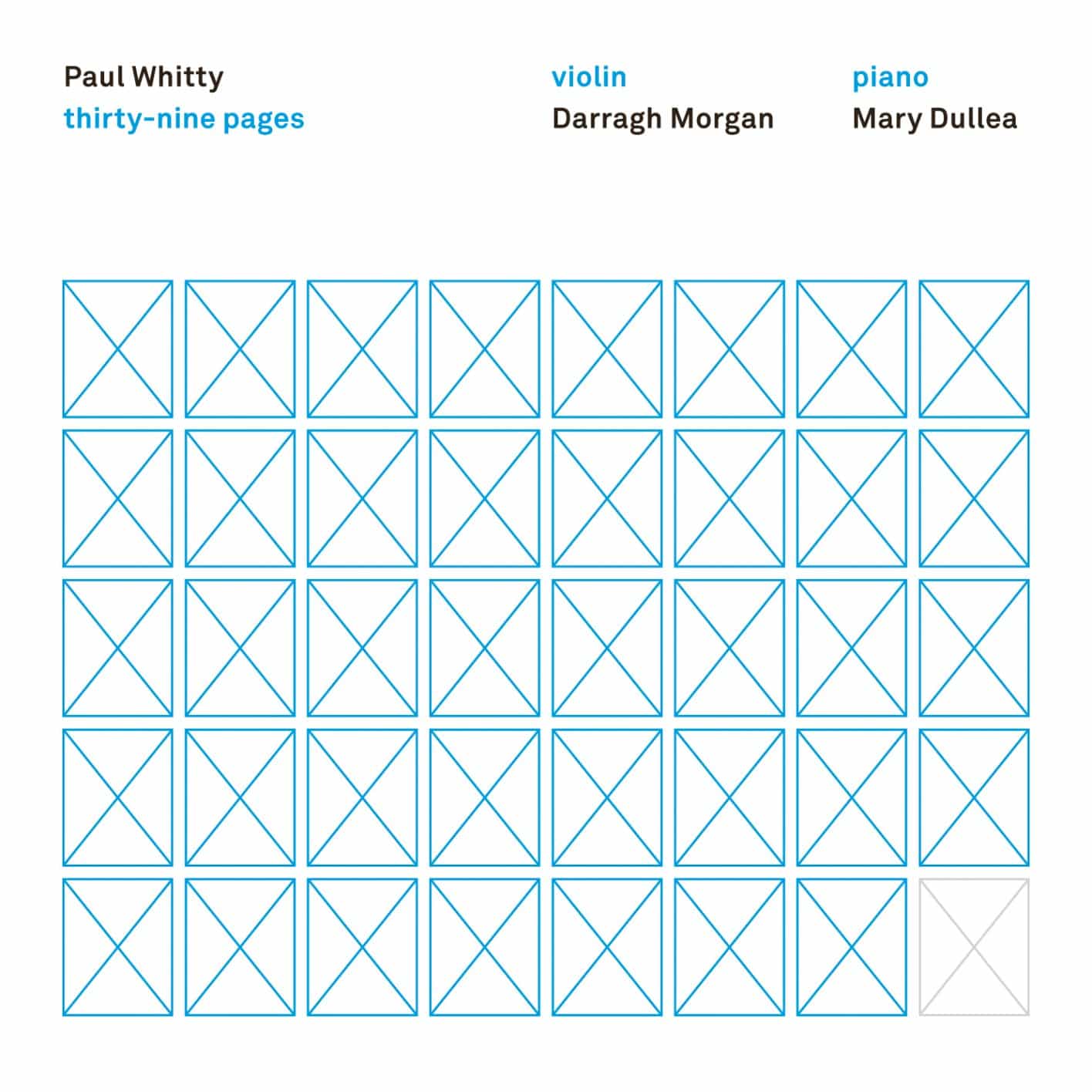
![[rout]one](https://media.divineartrecords.com/assets/uploads/2017/03/14005107/cover29001.jpg)
